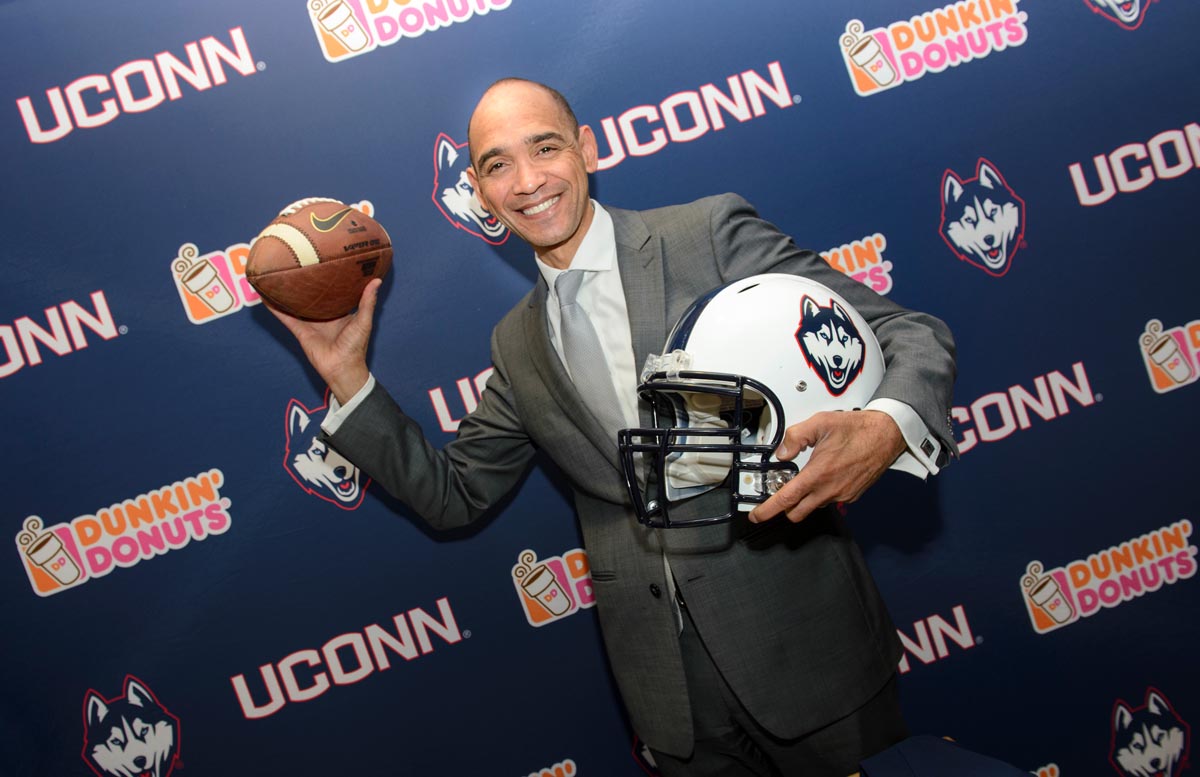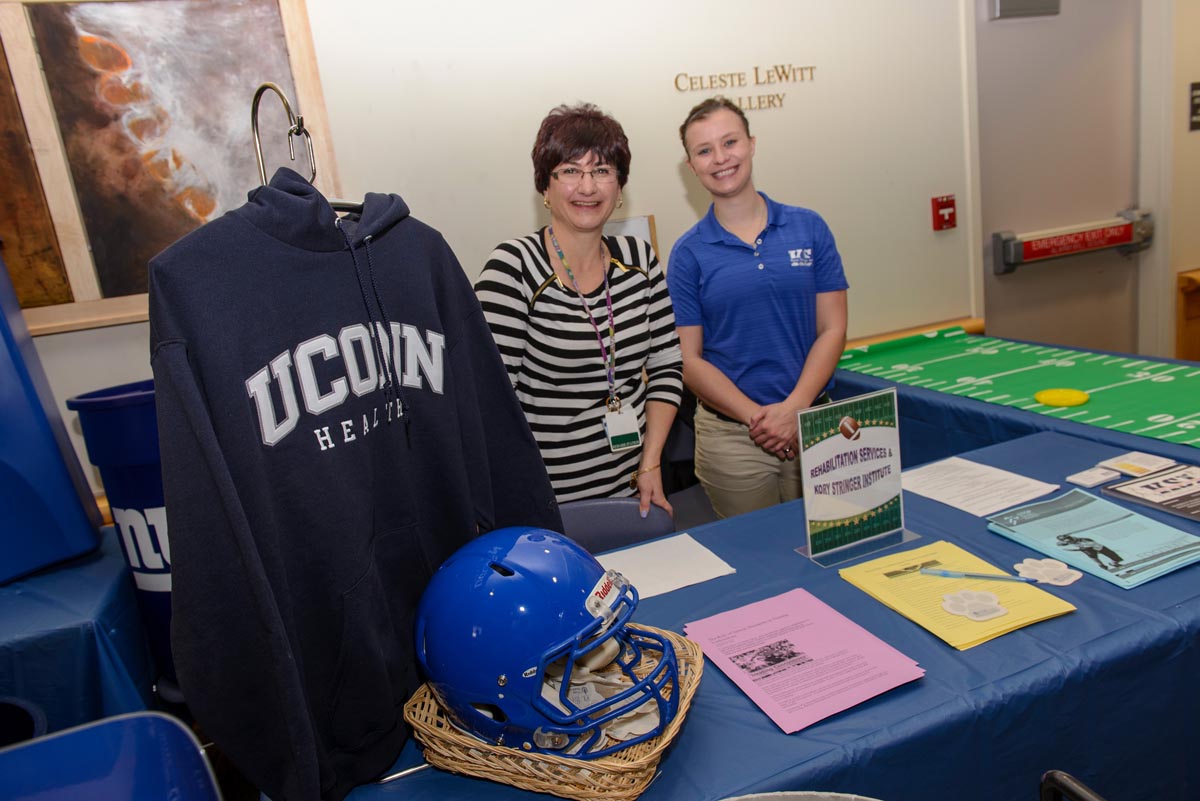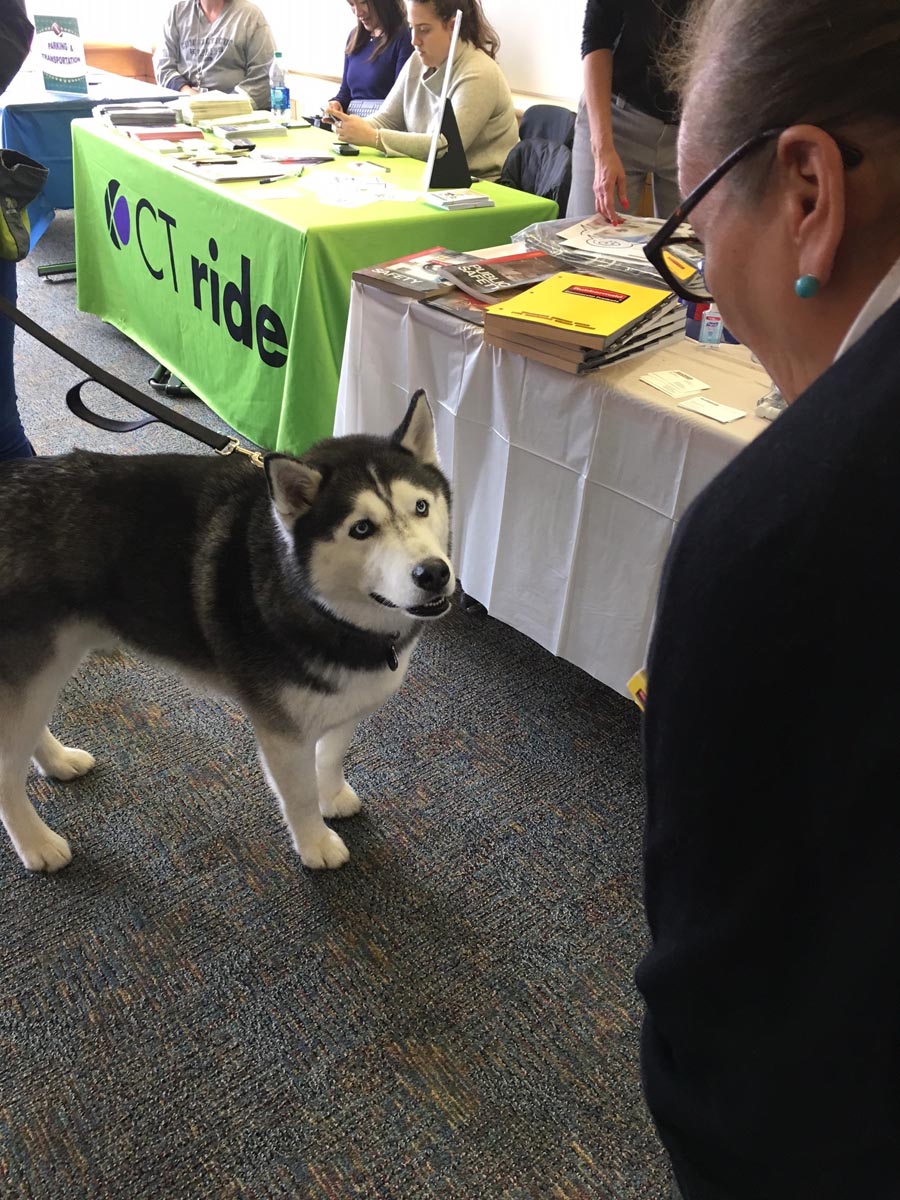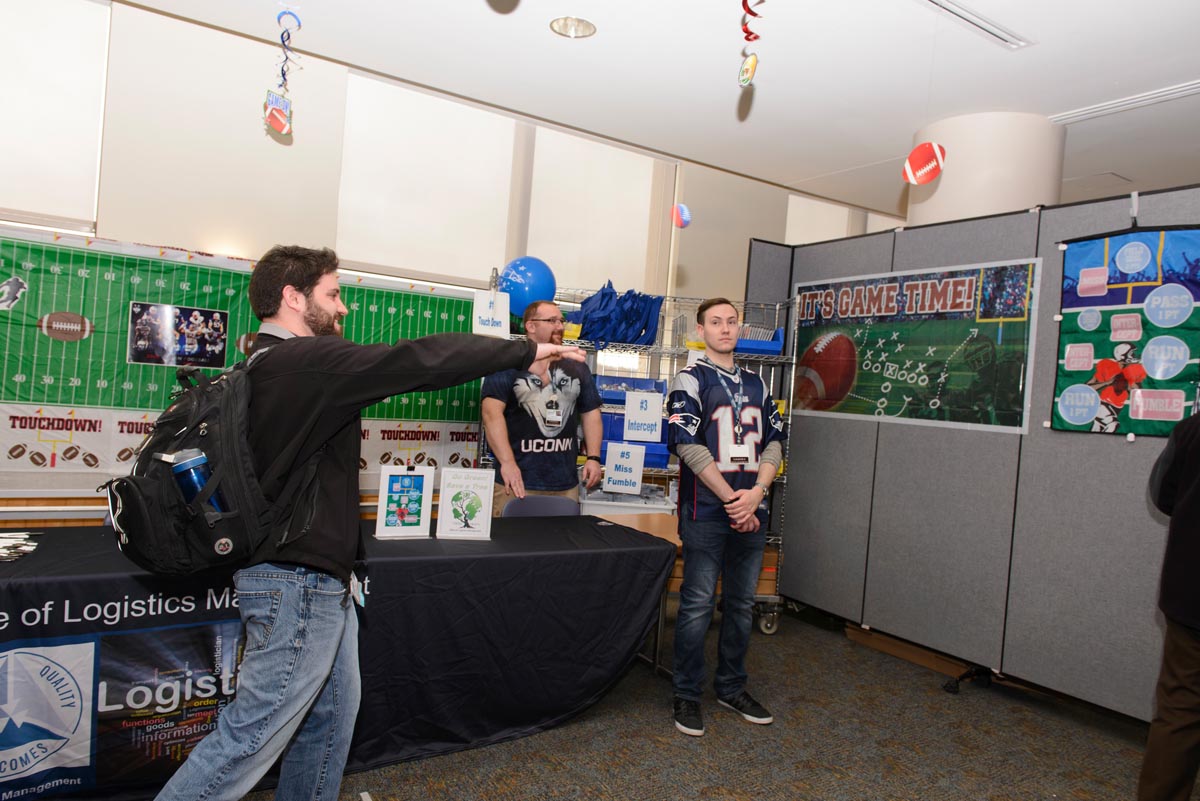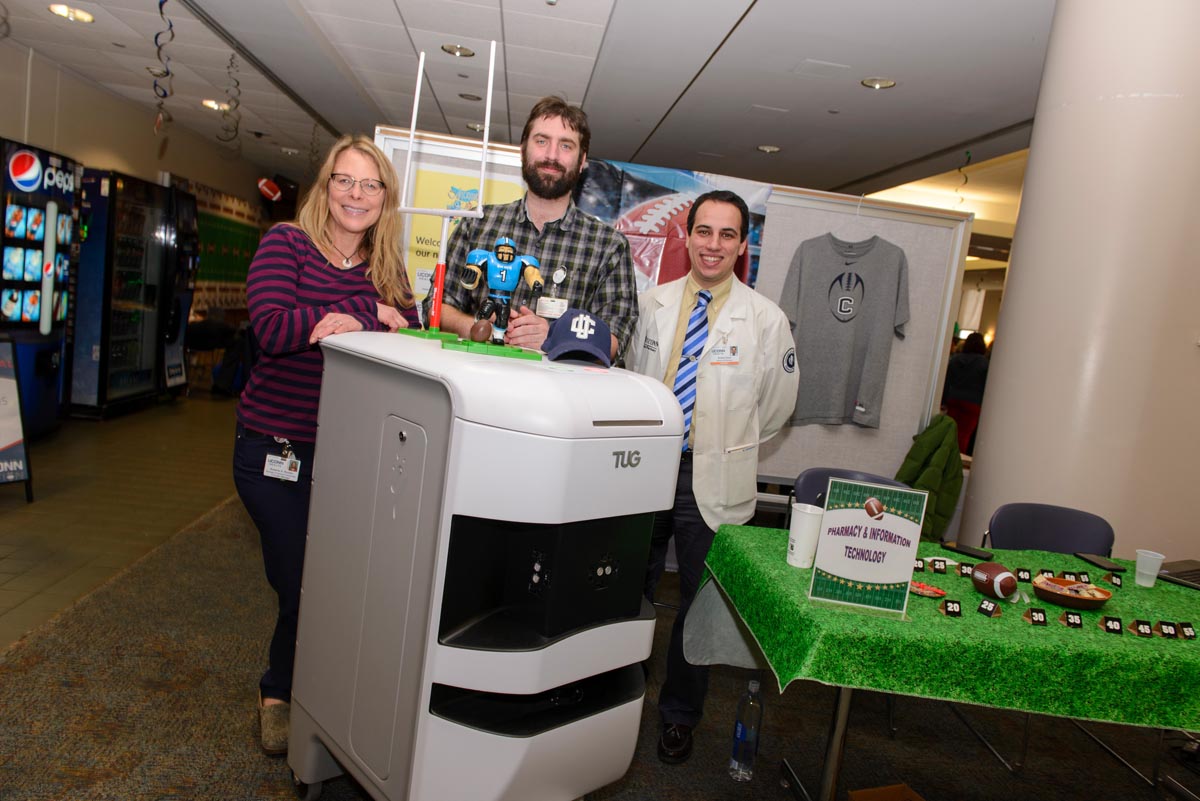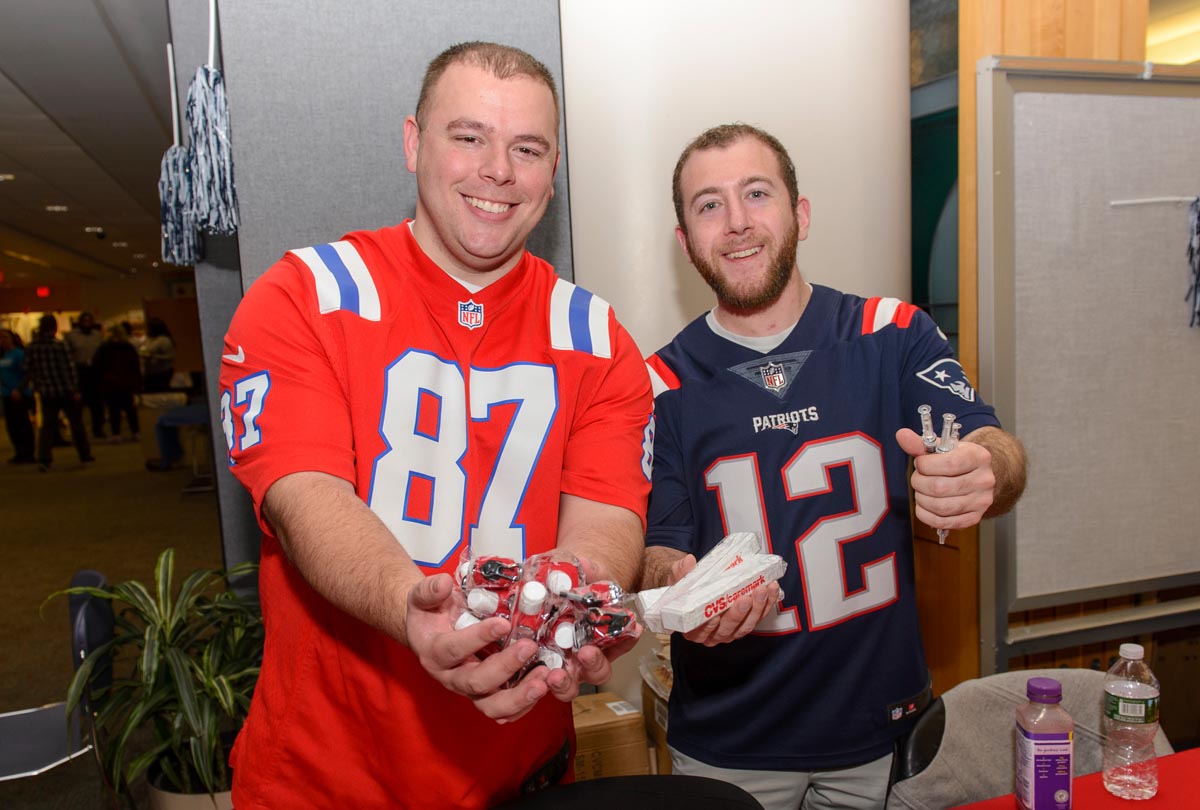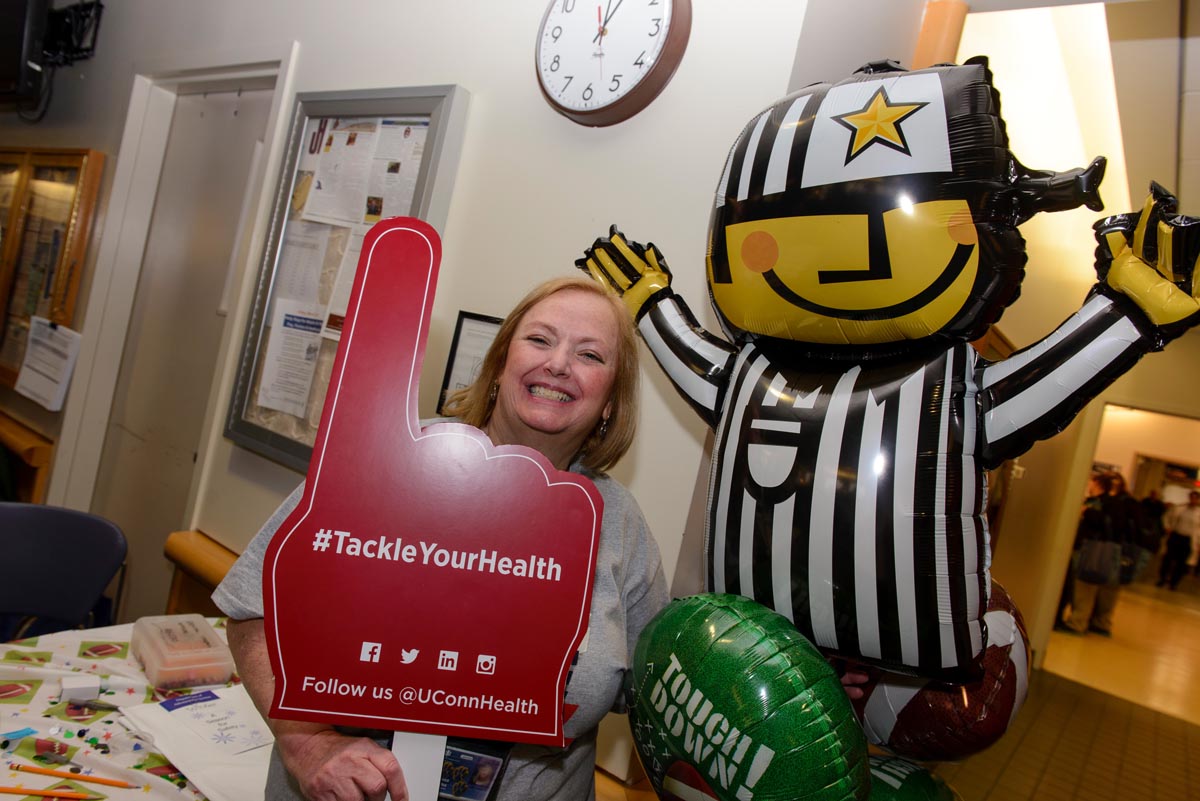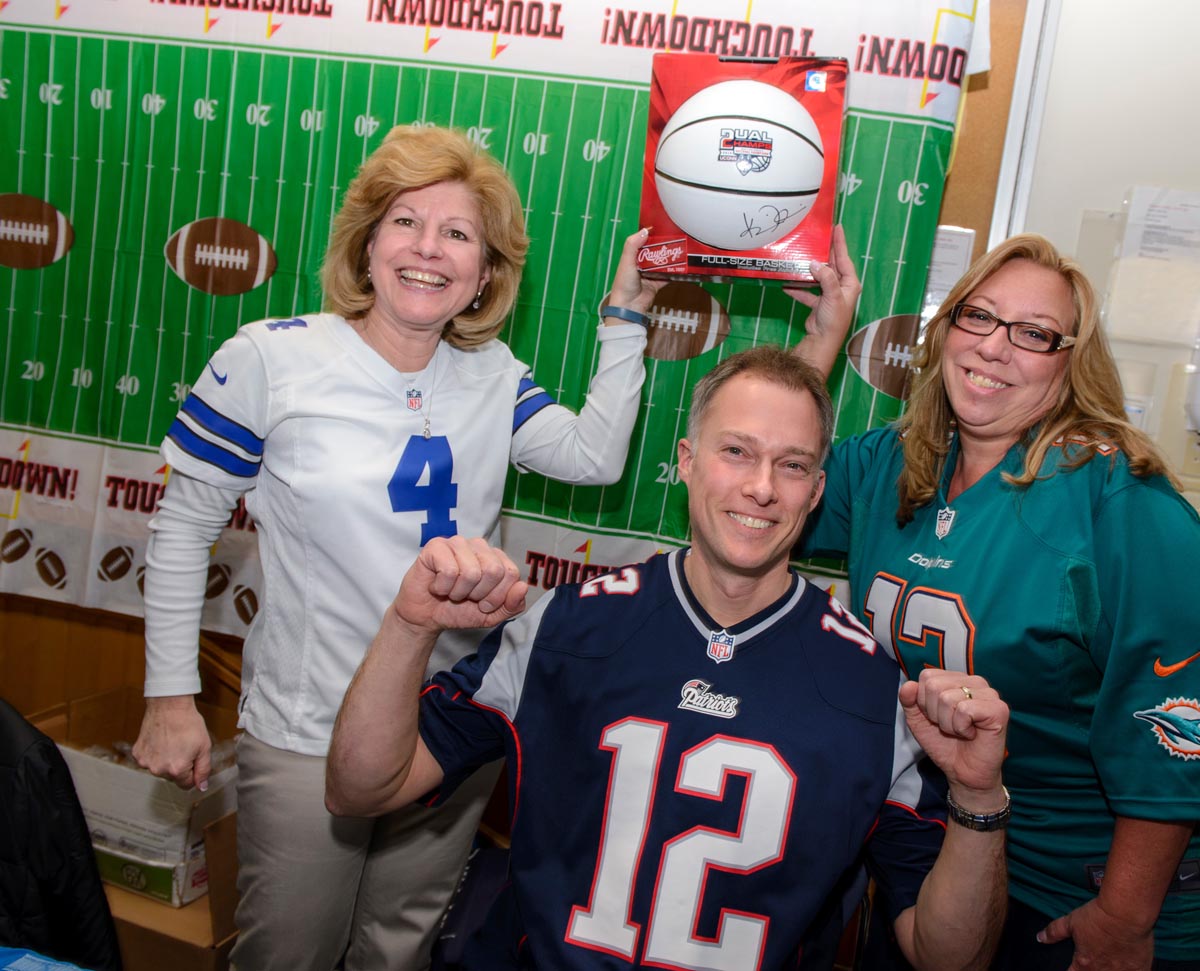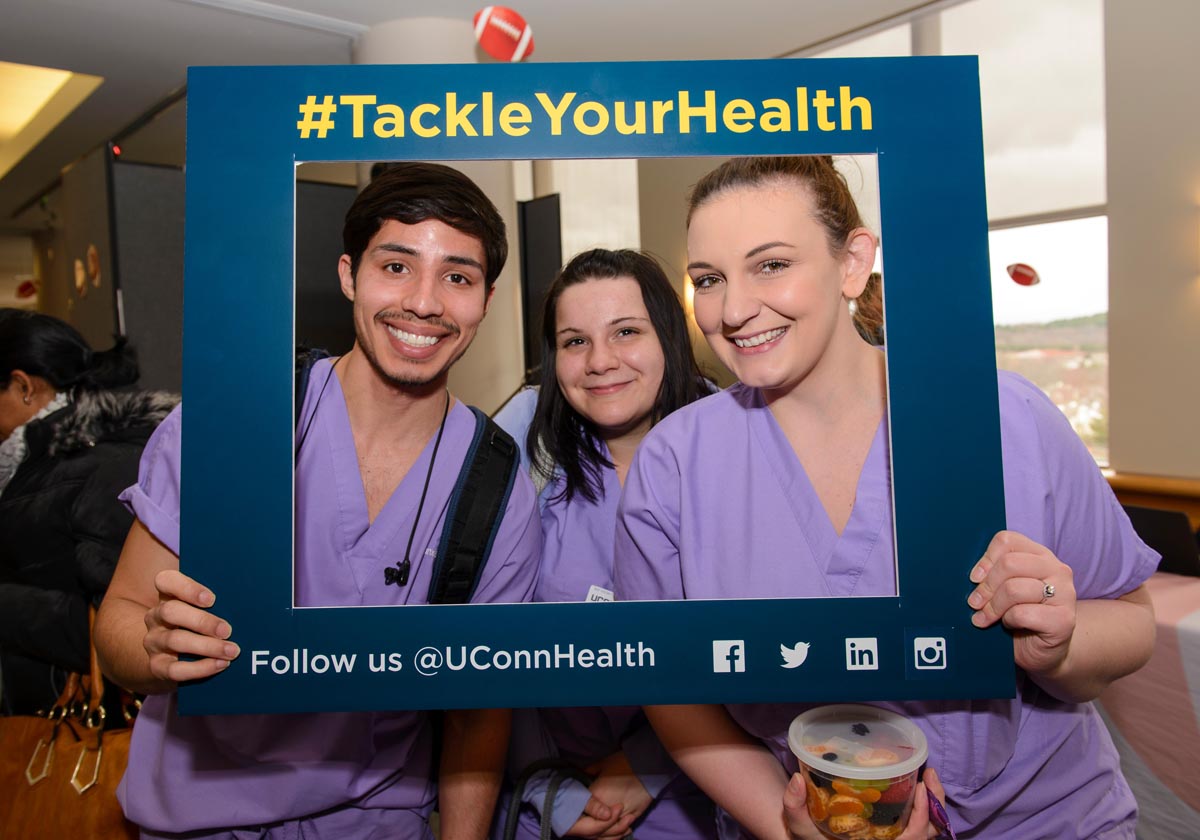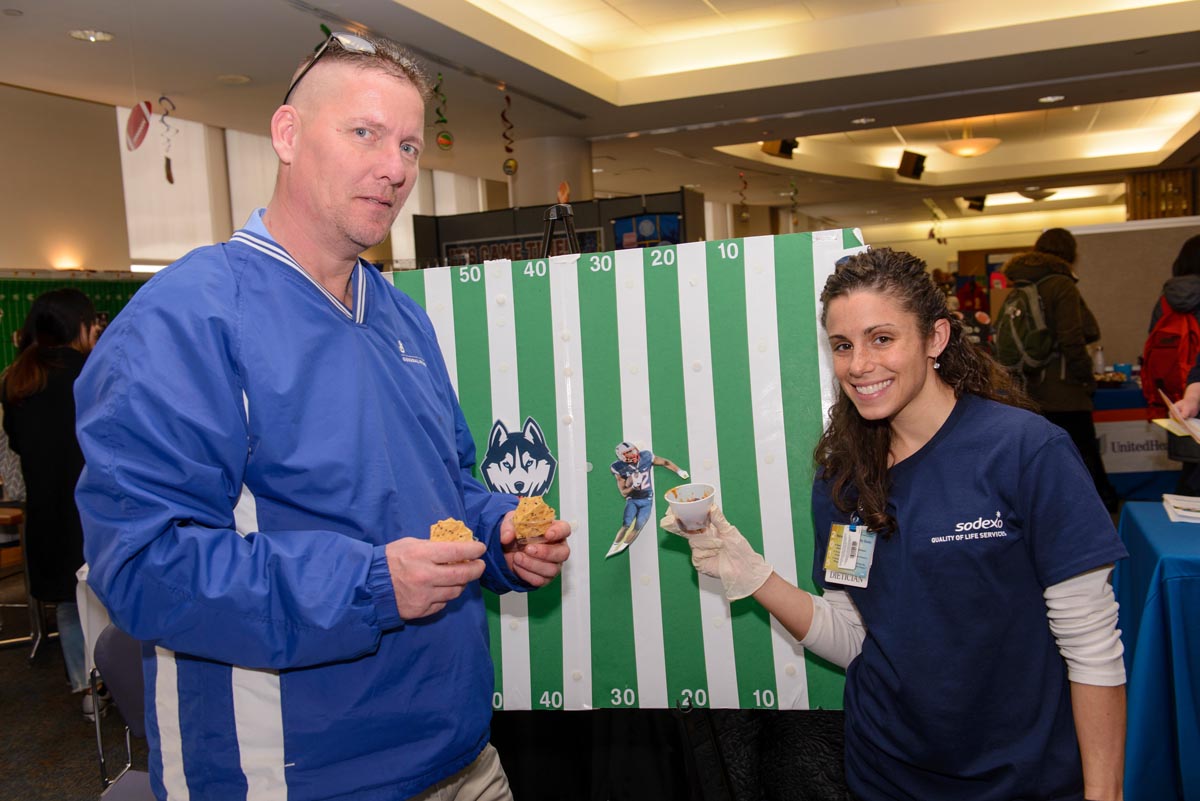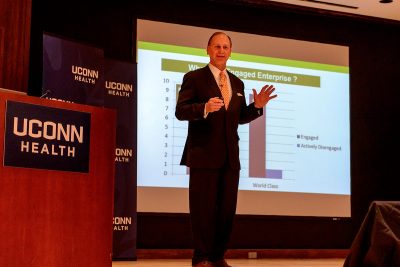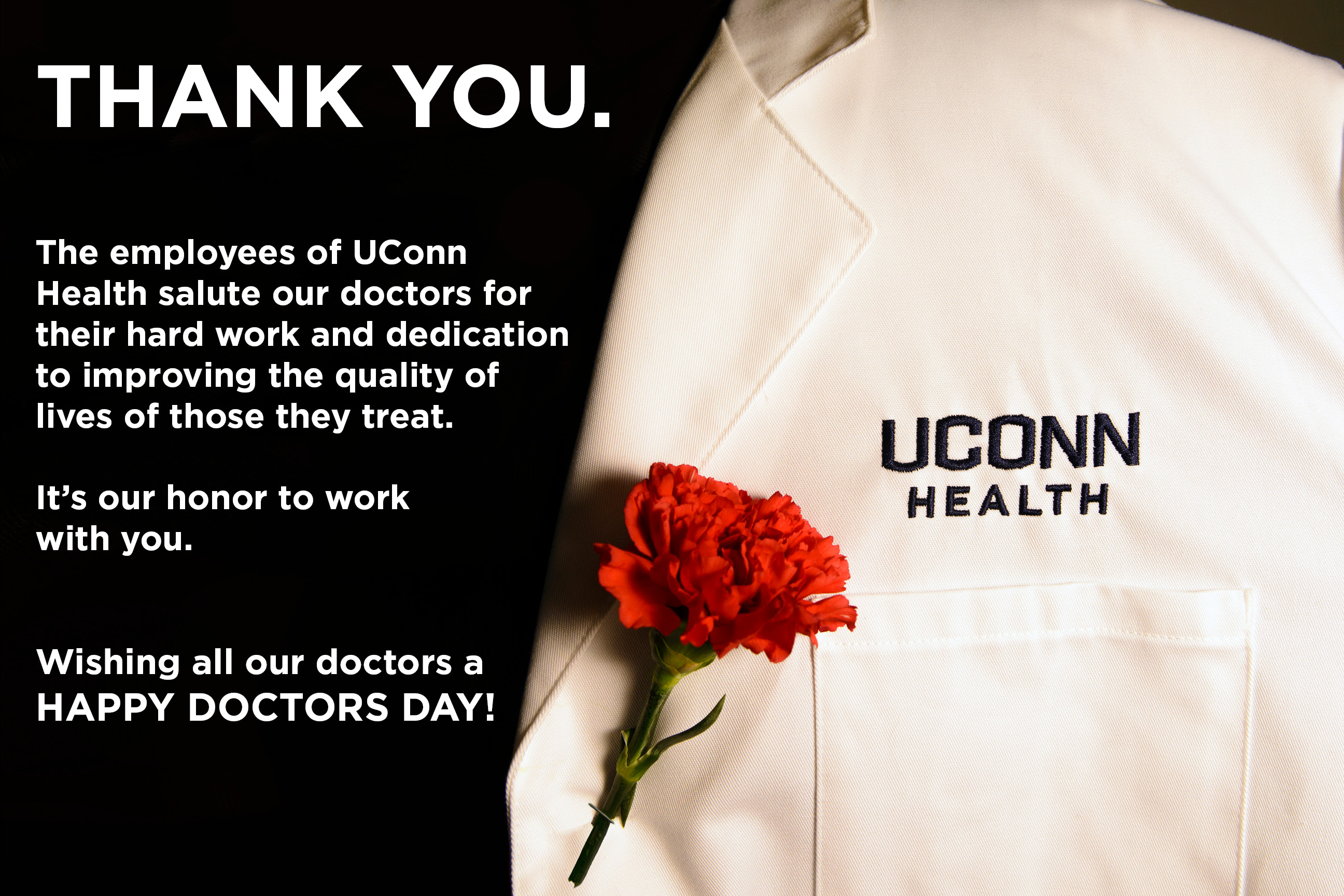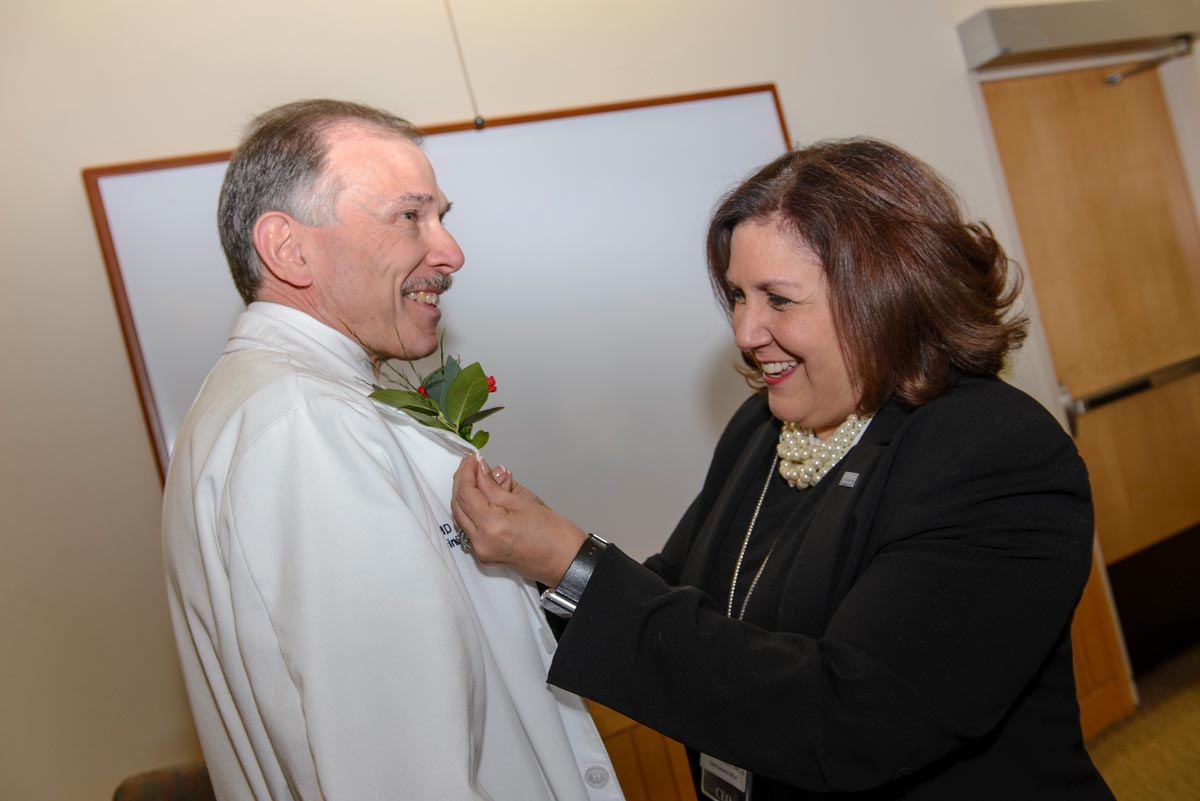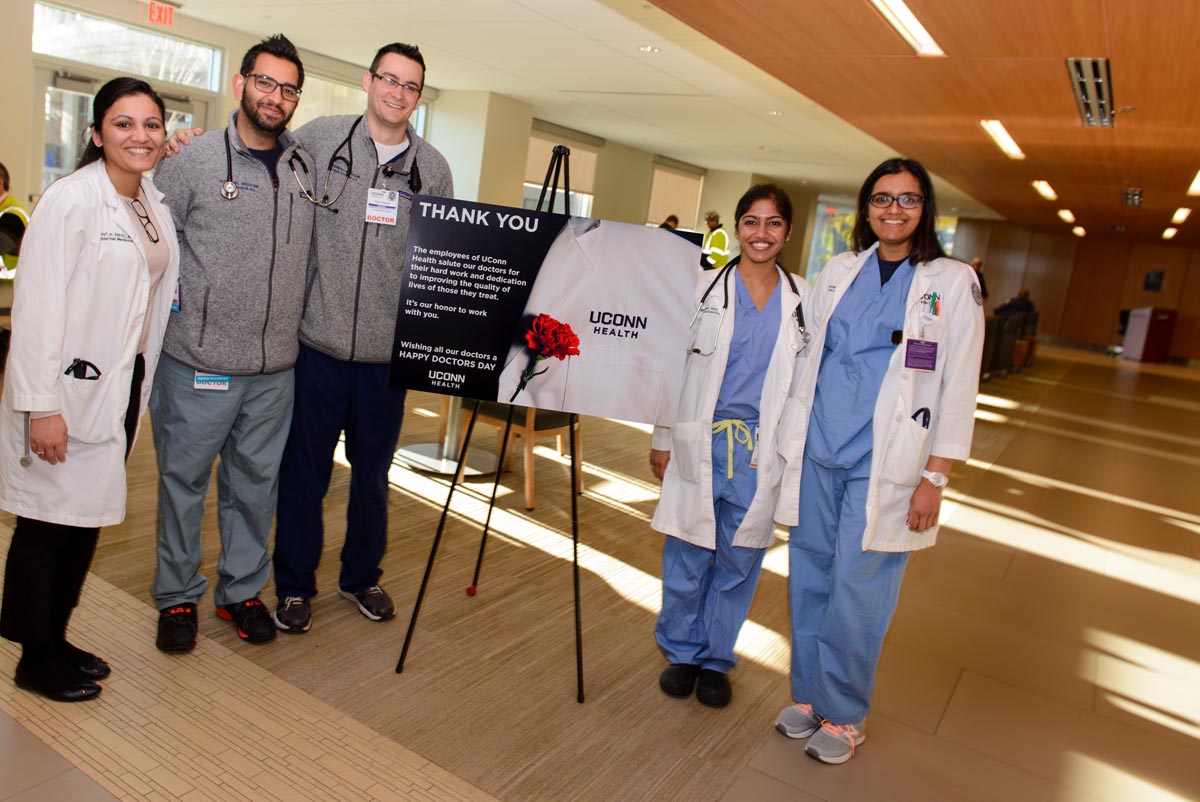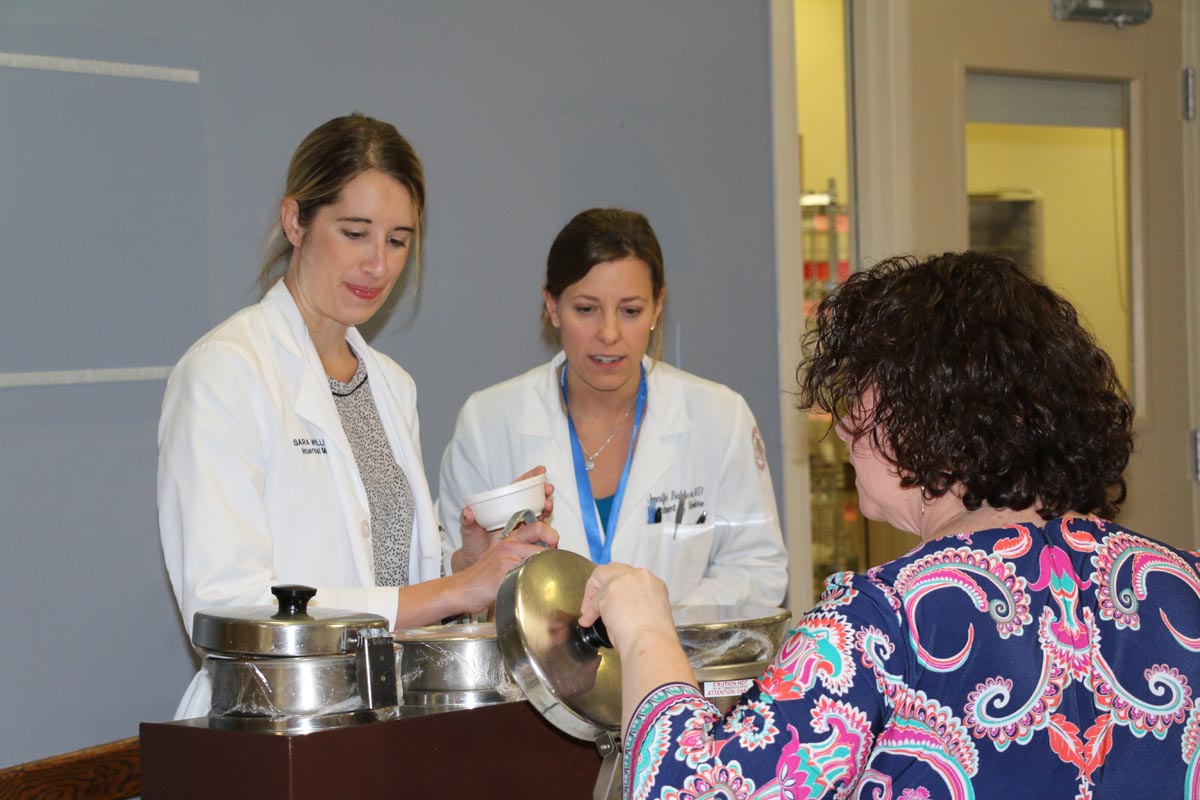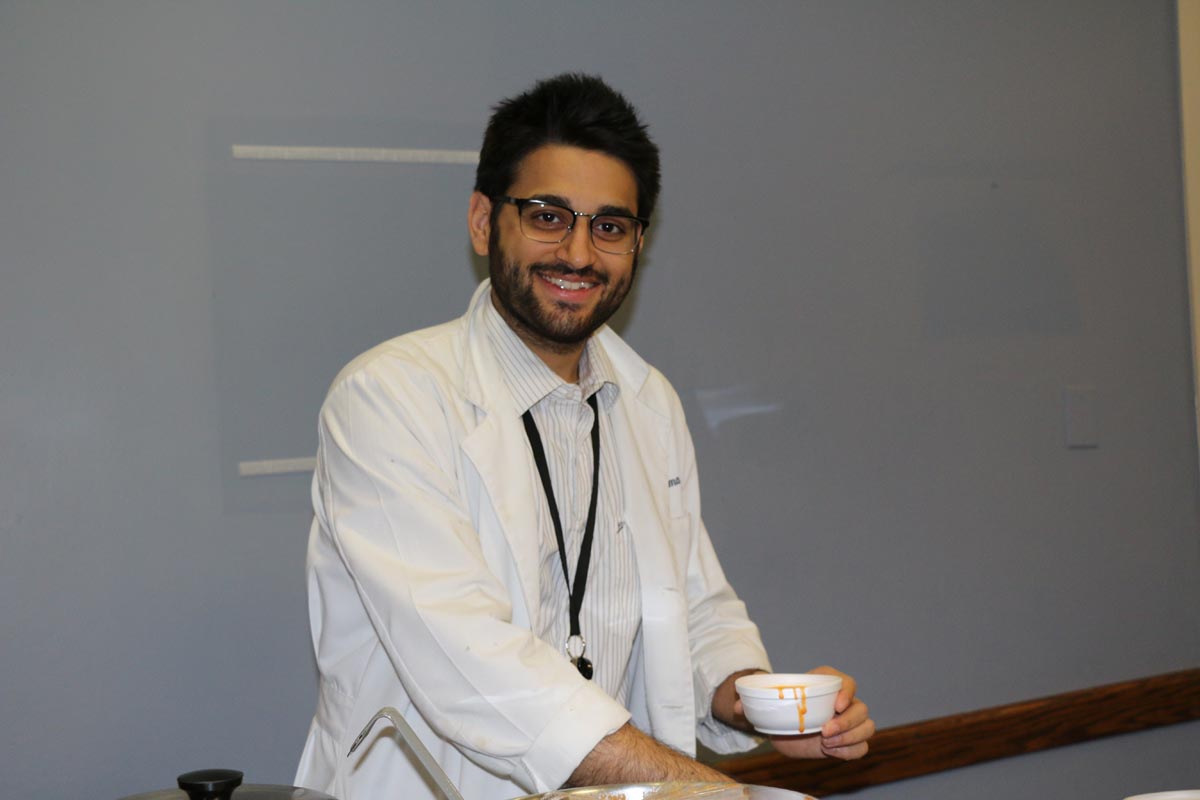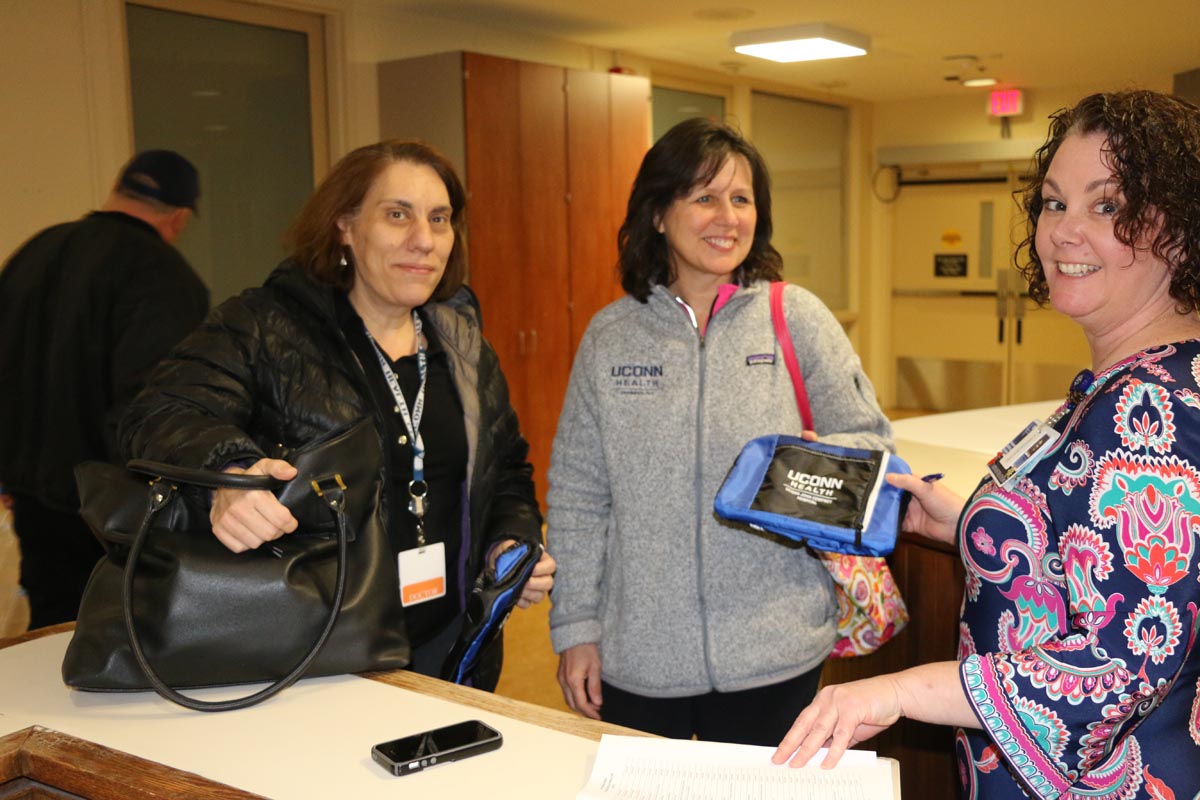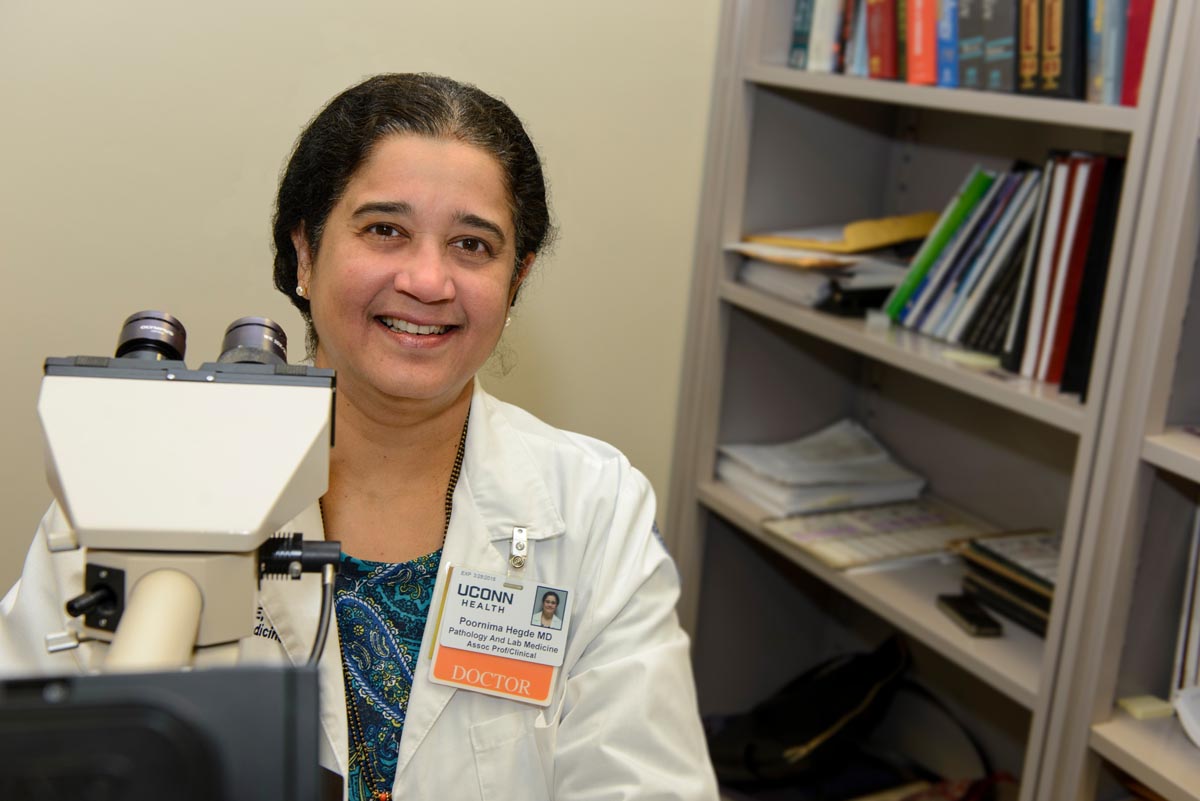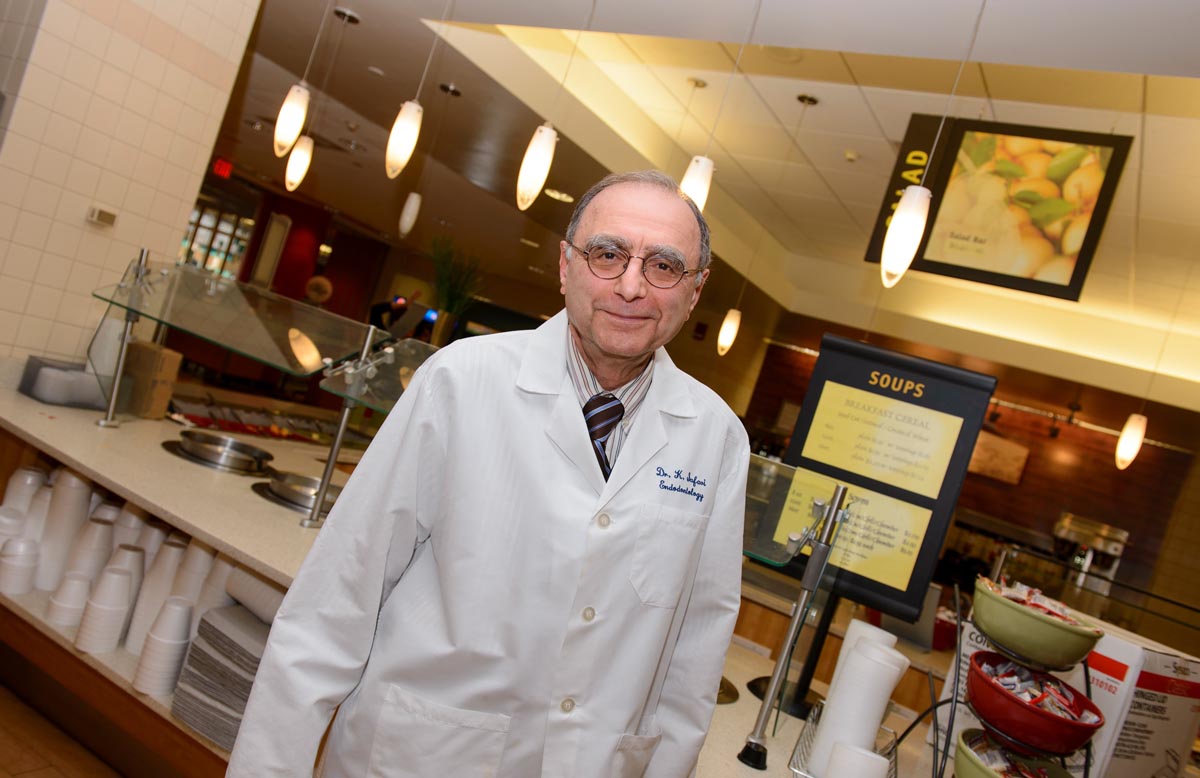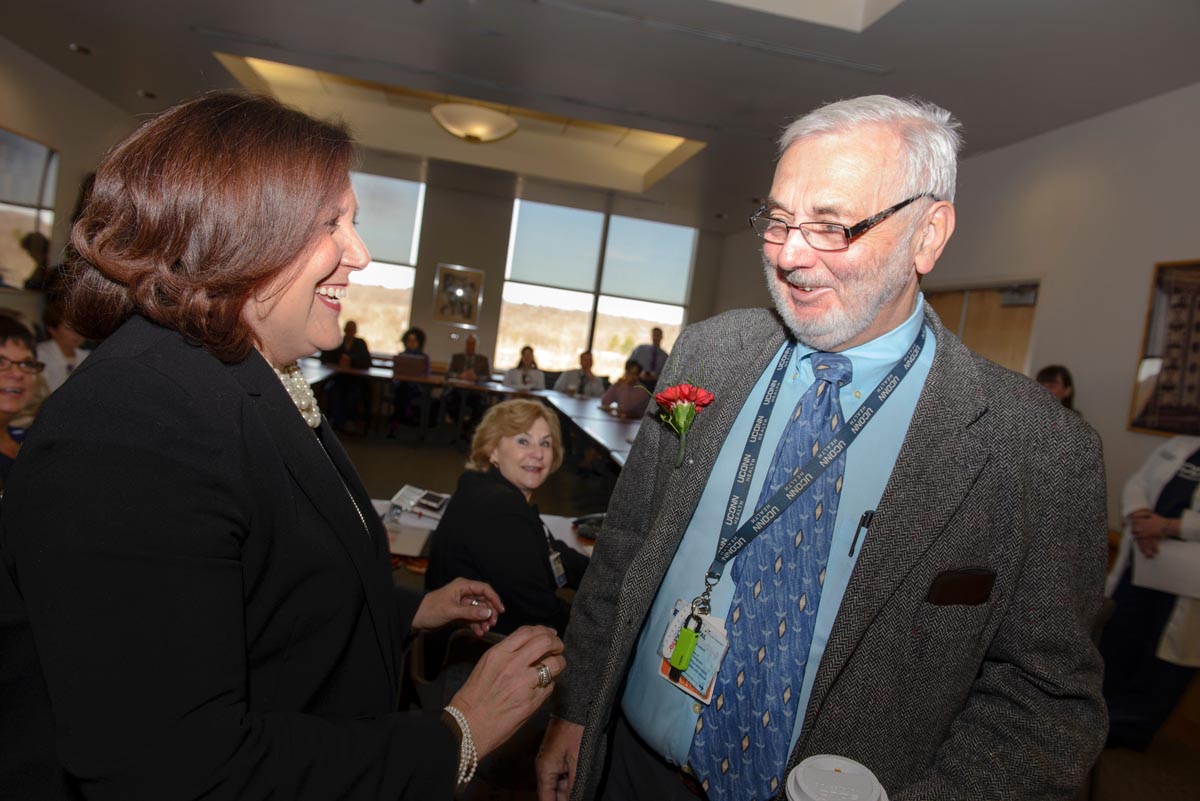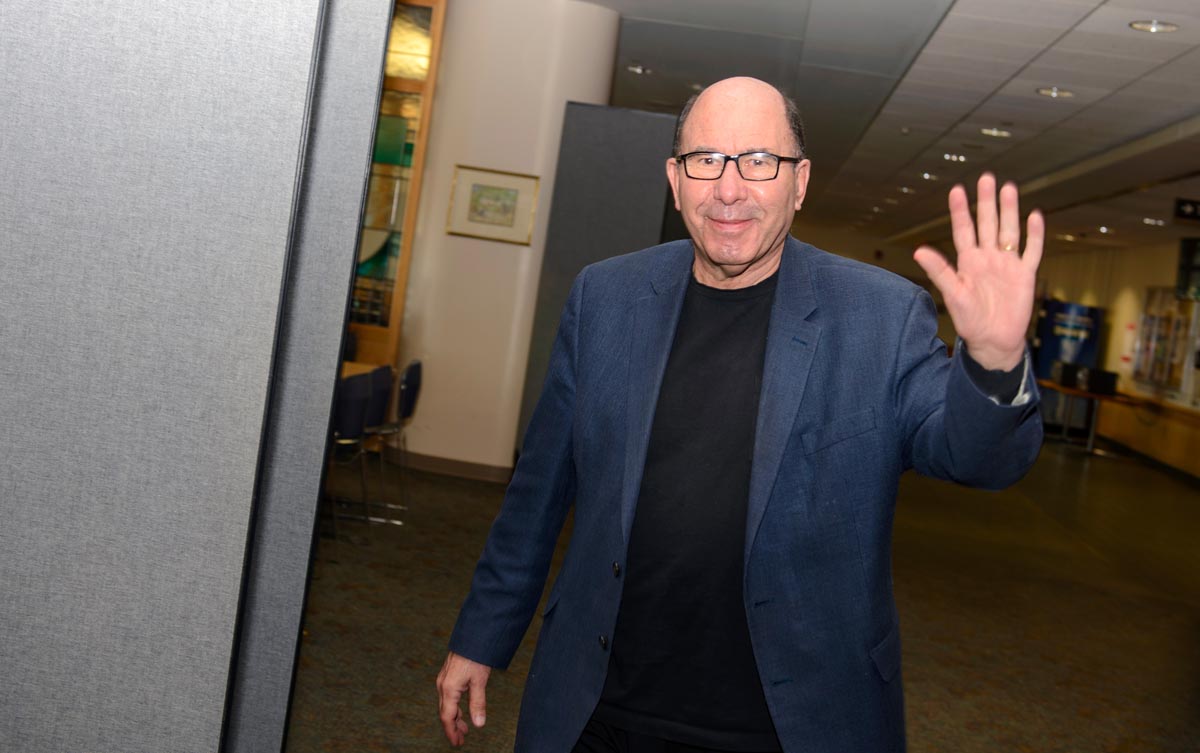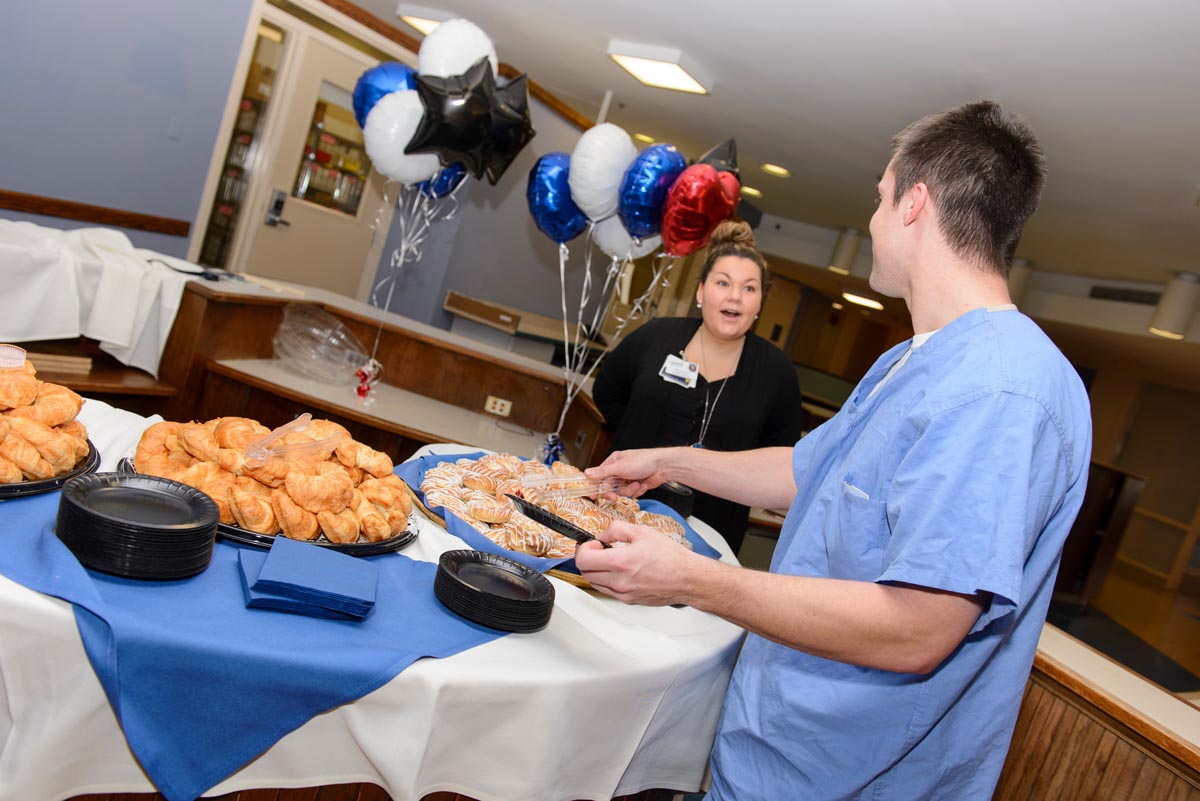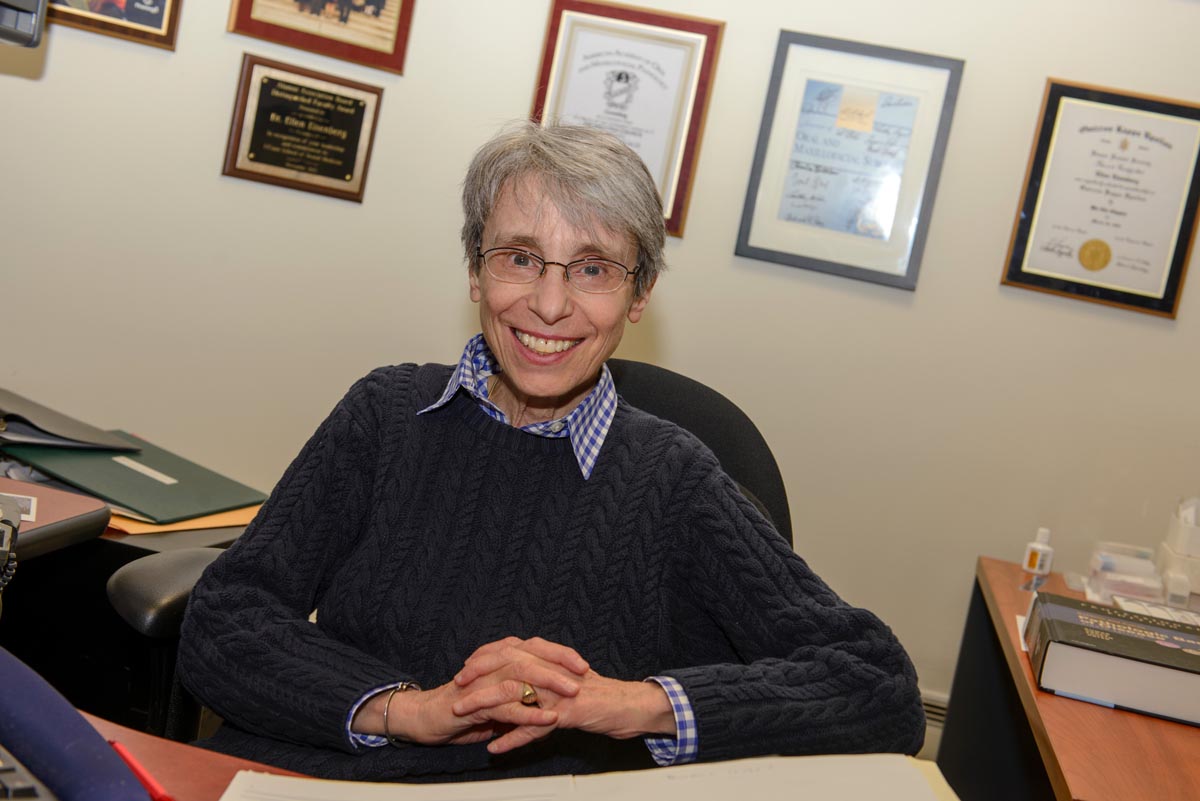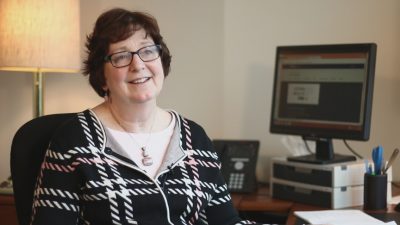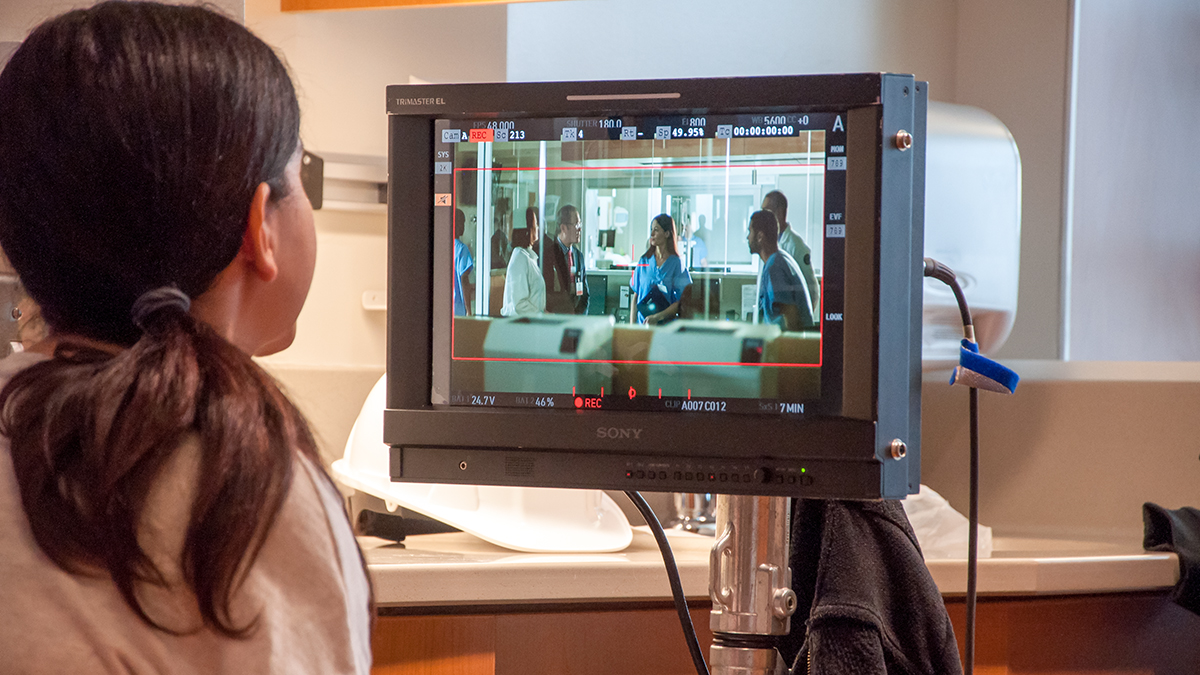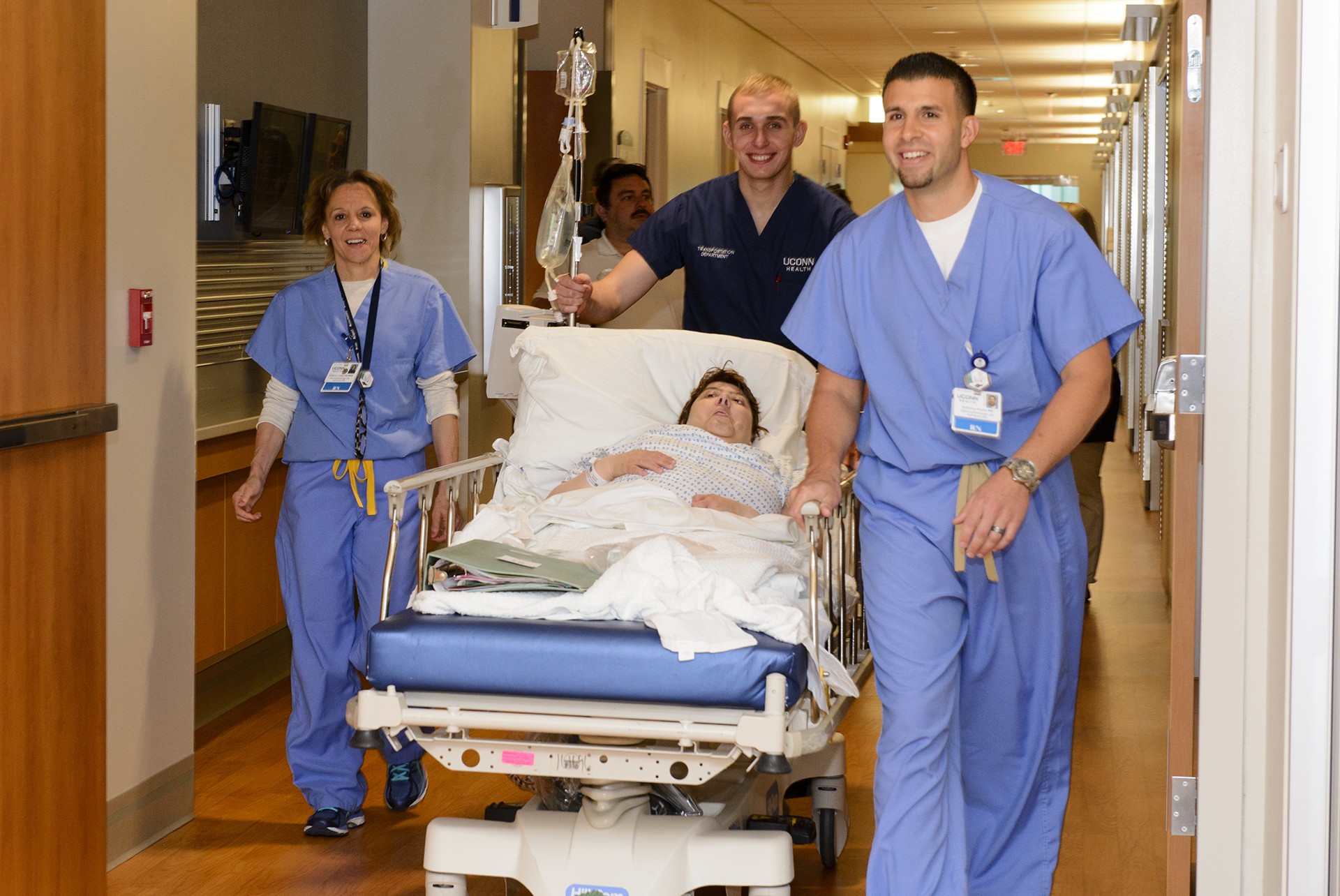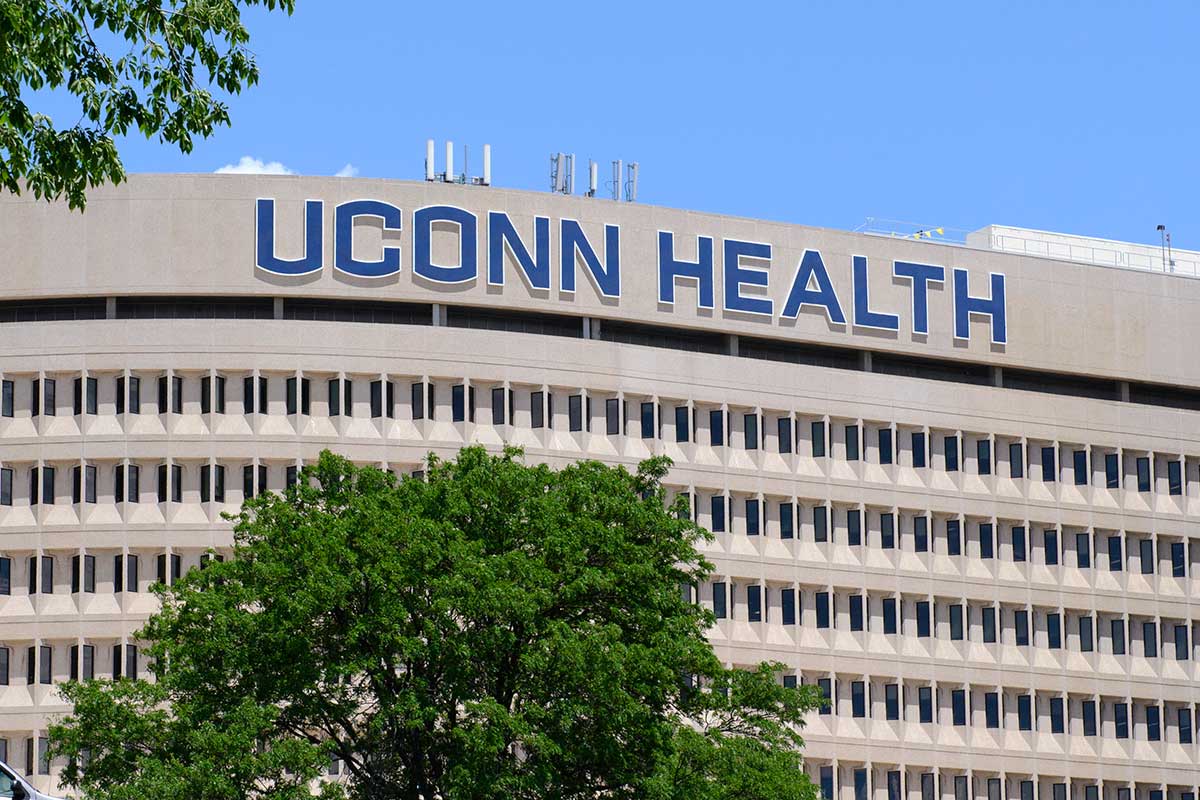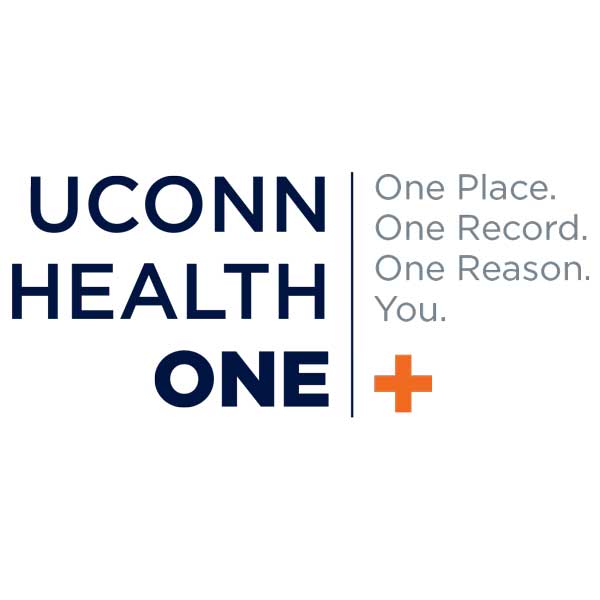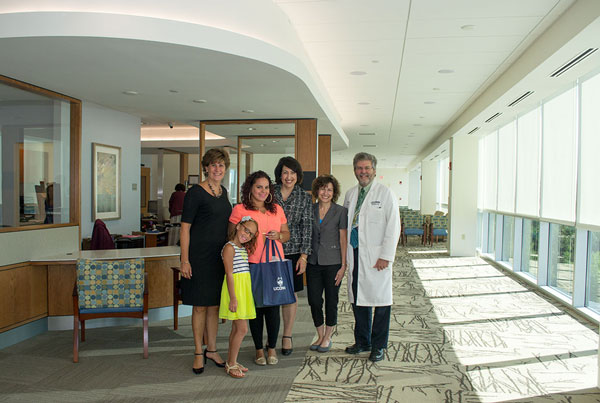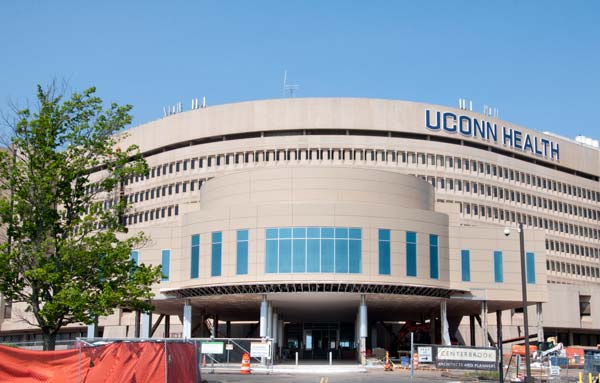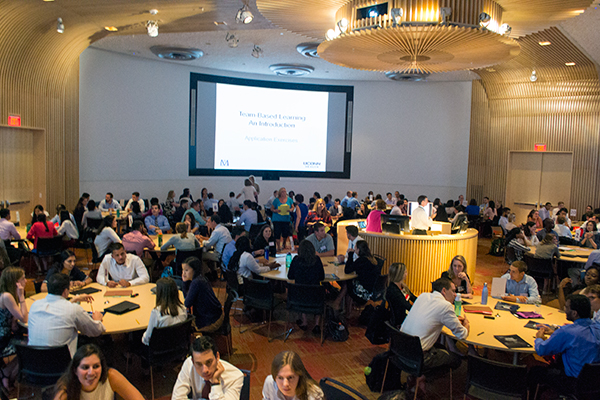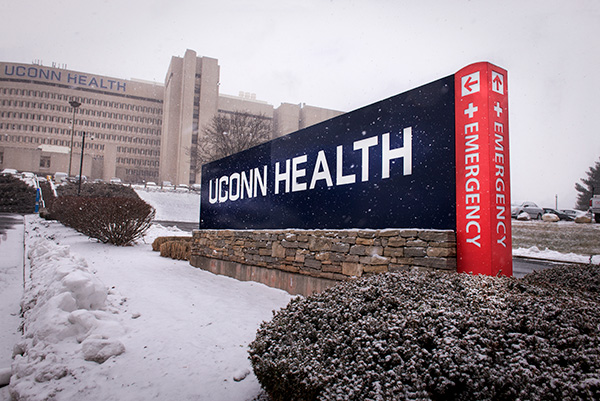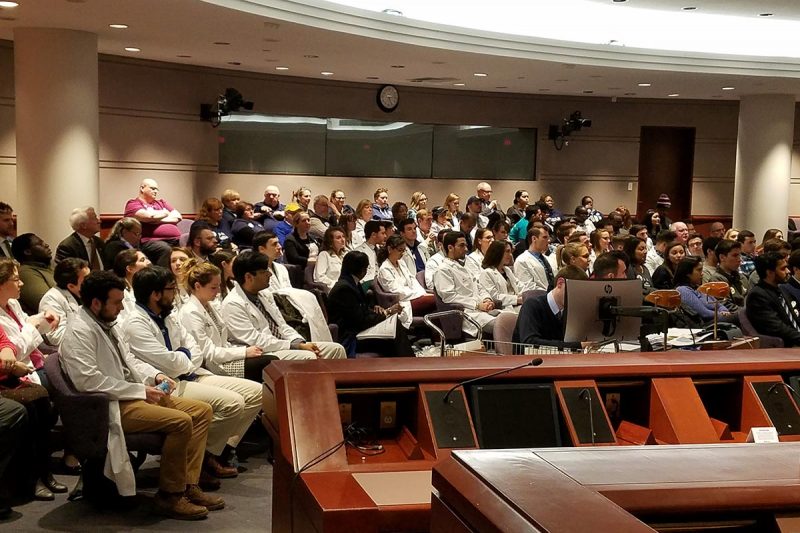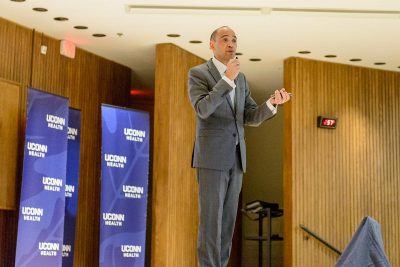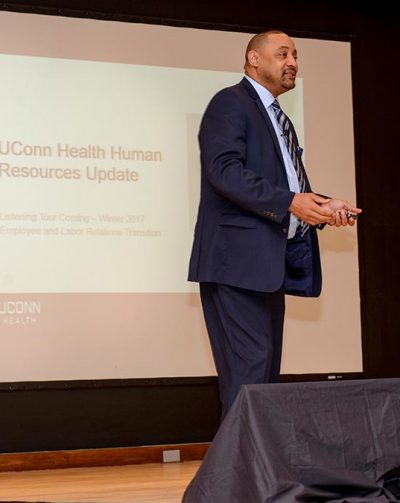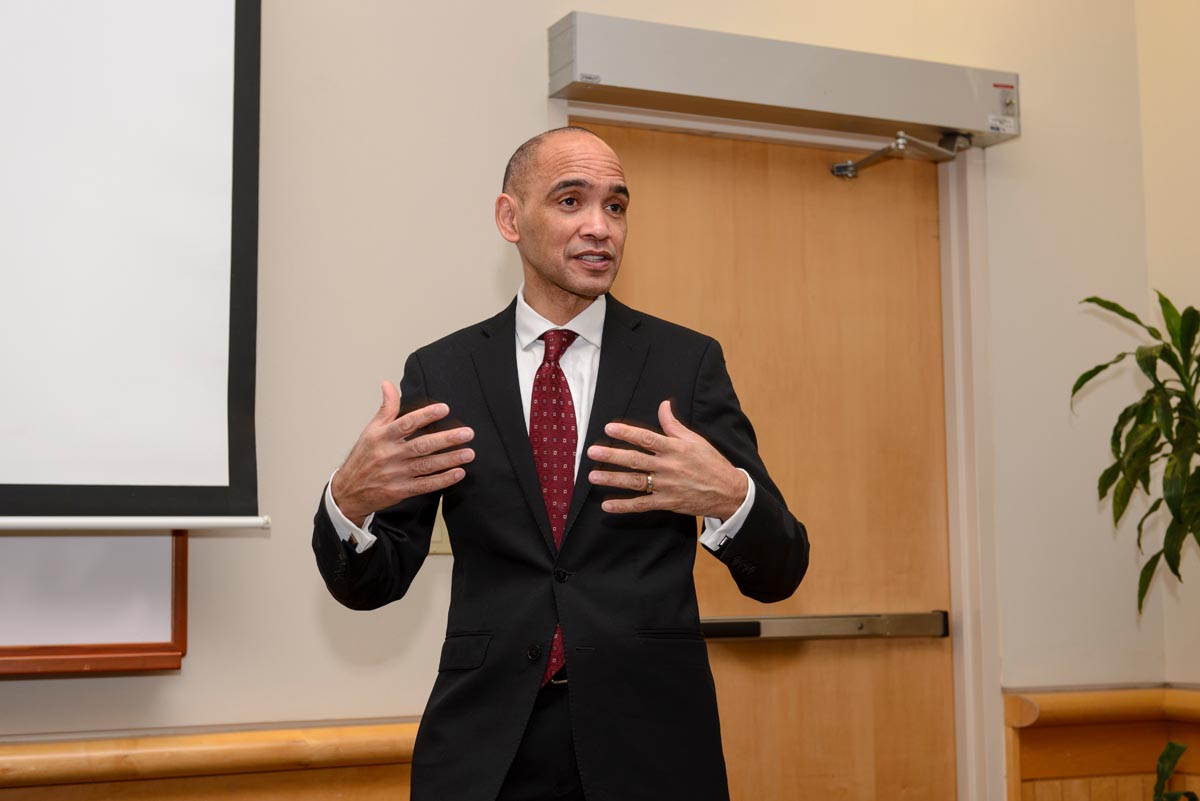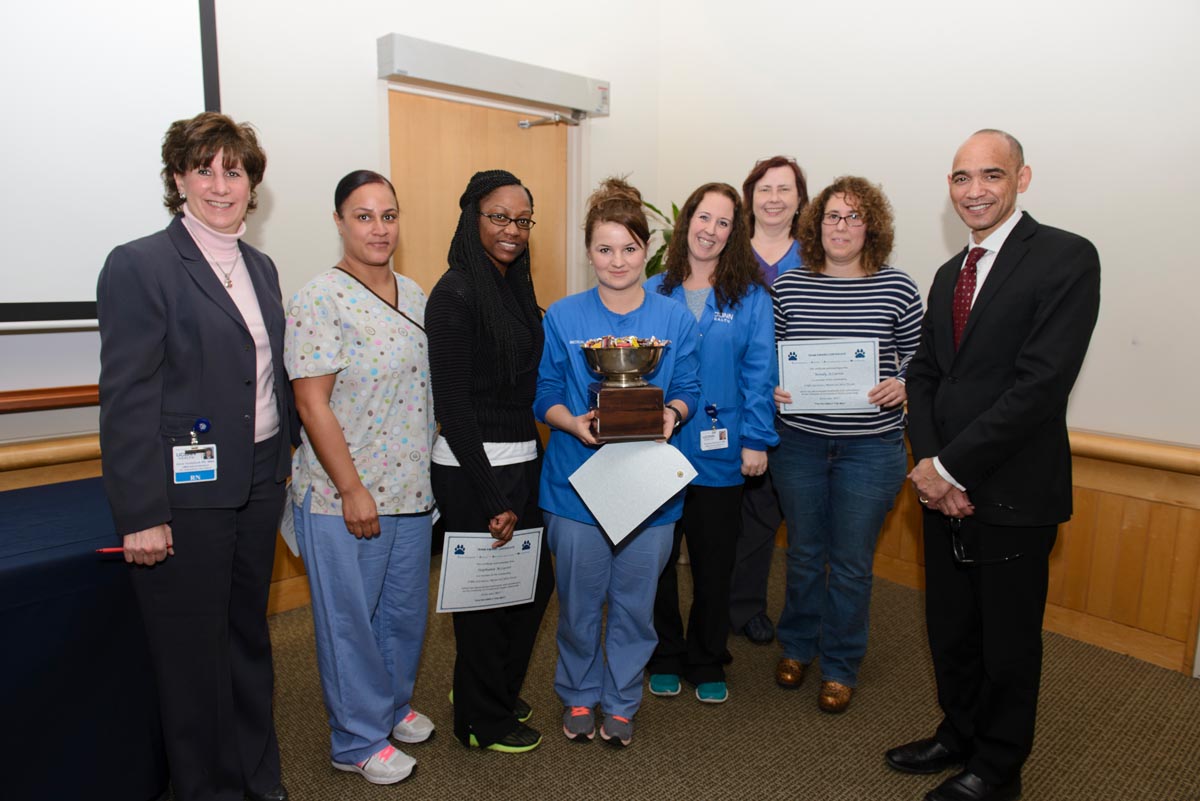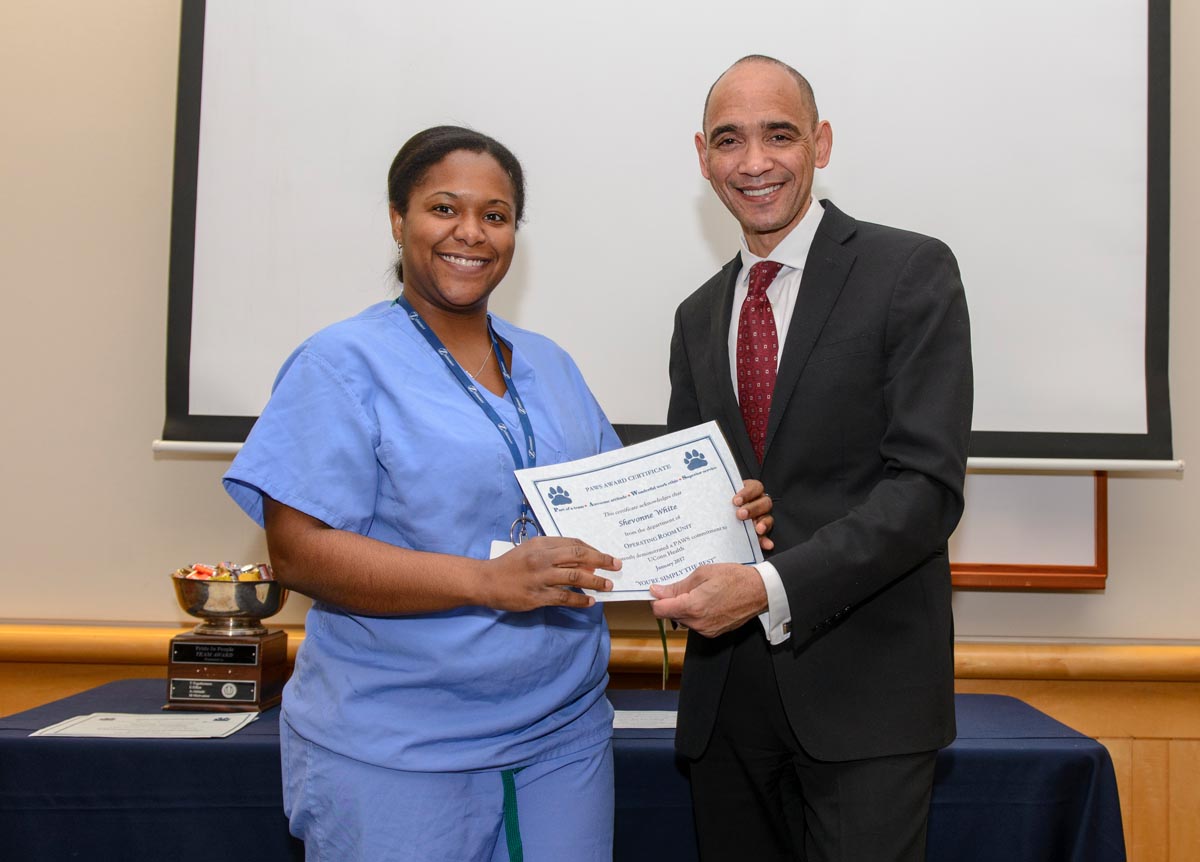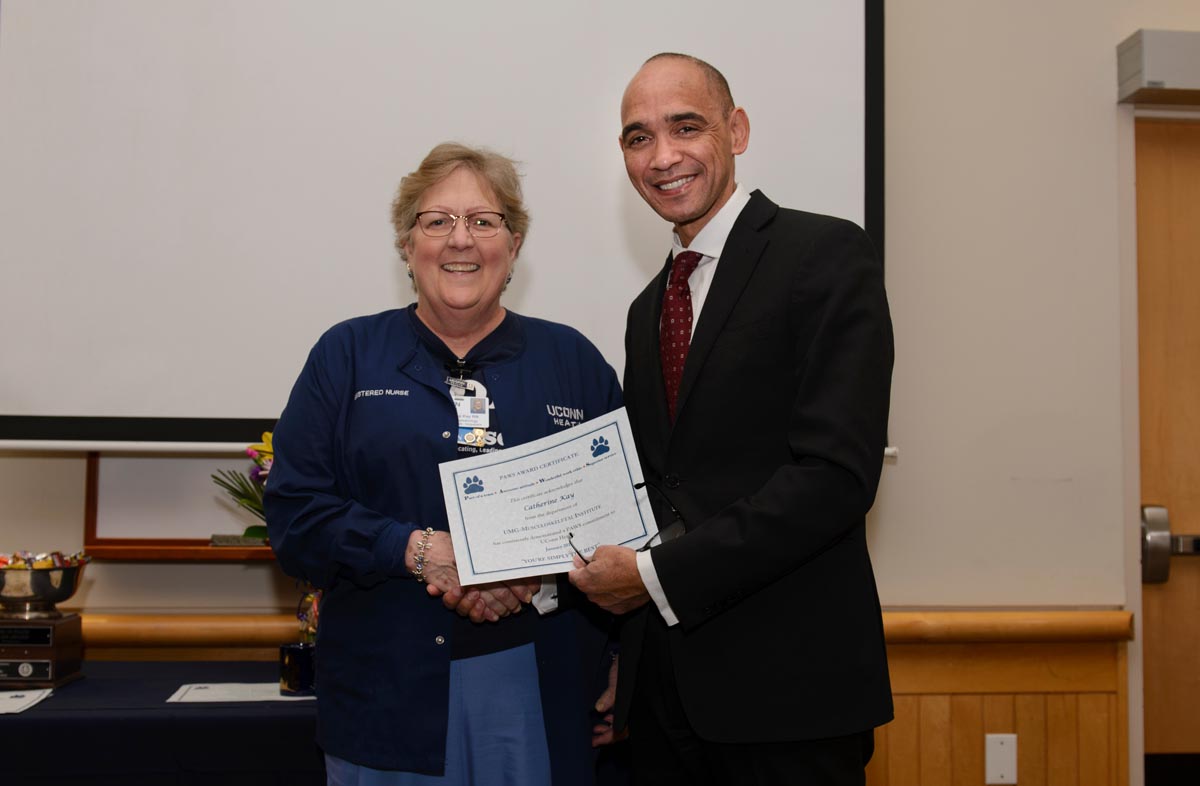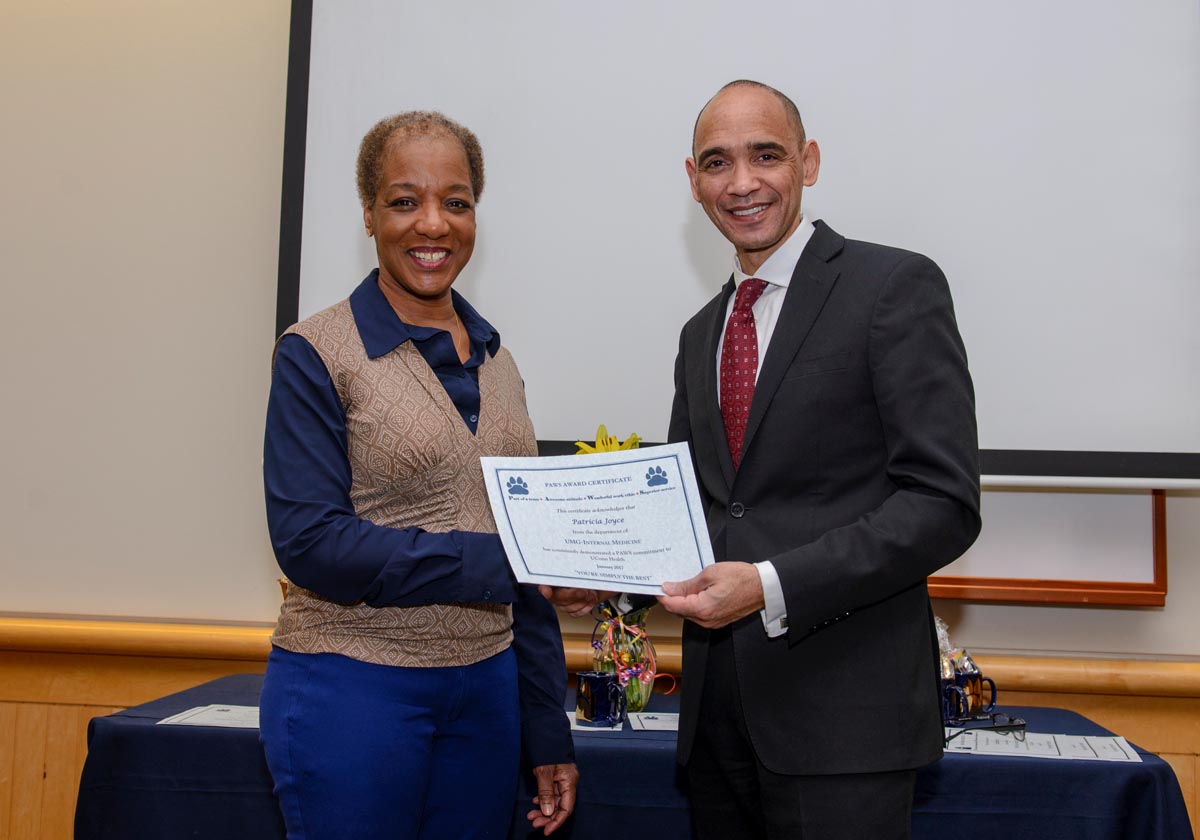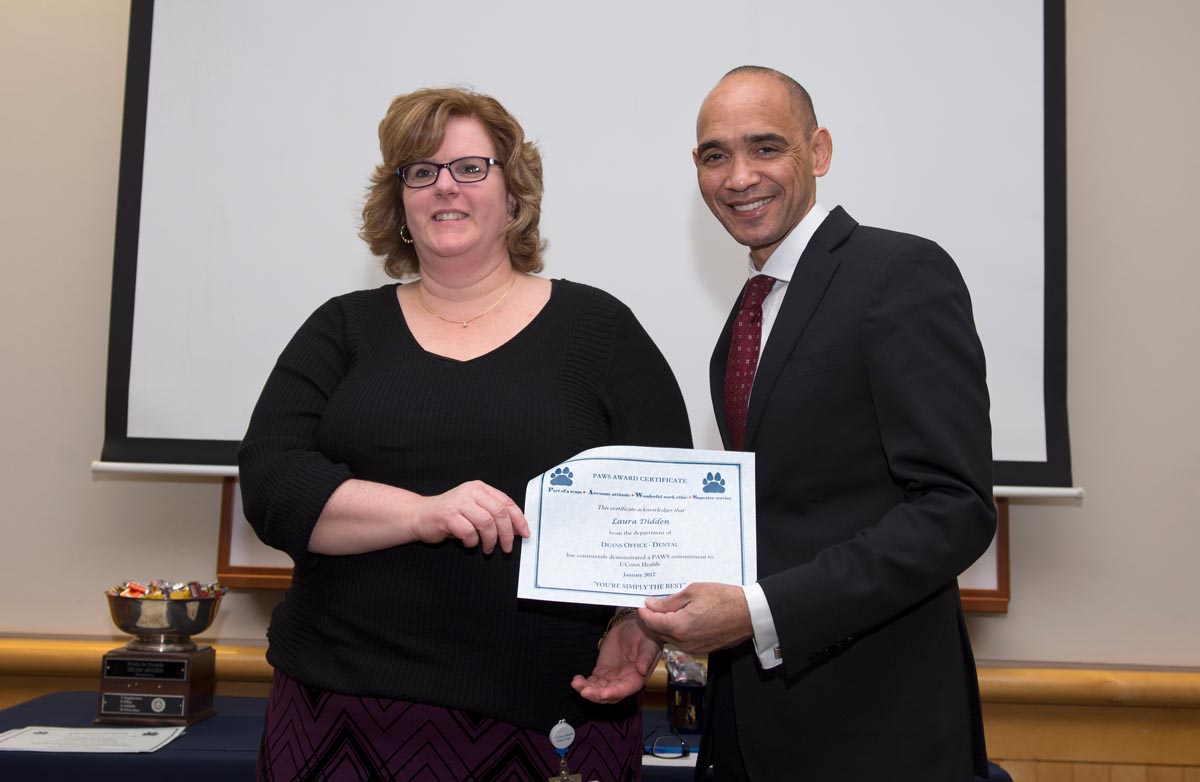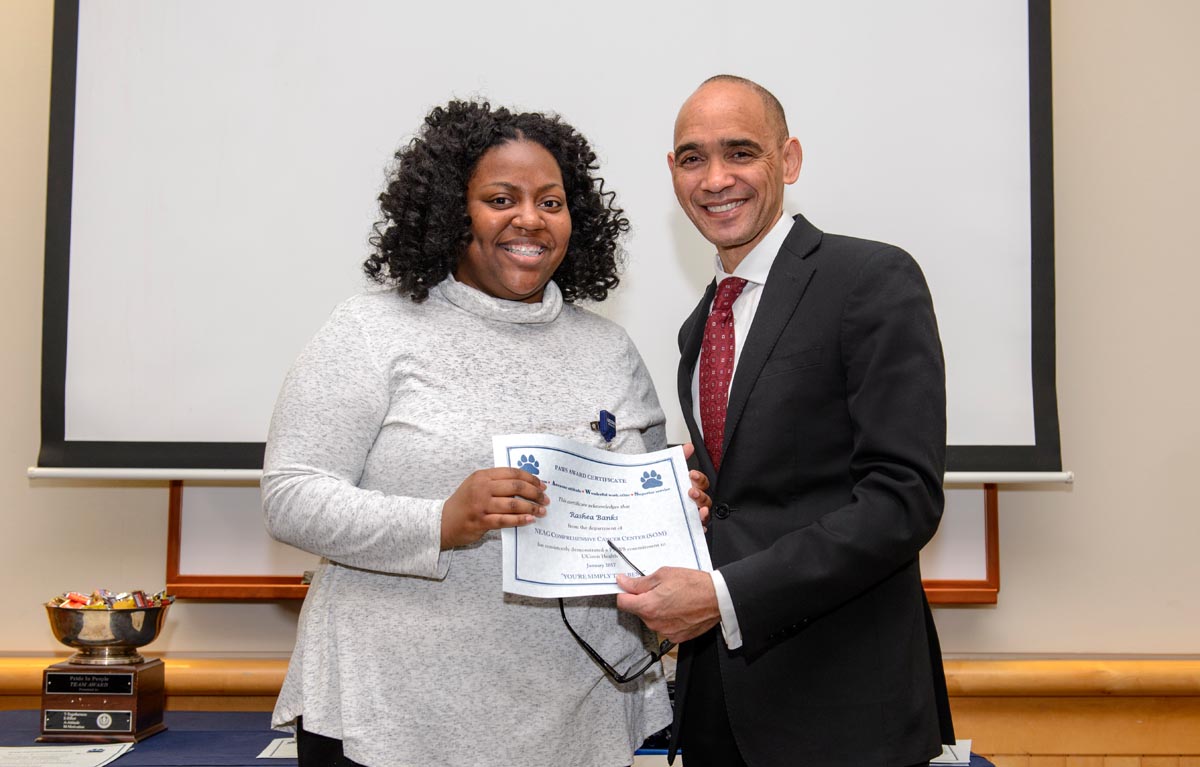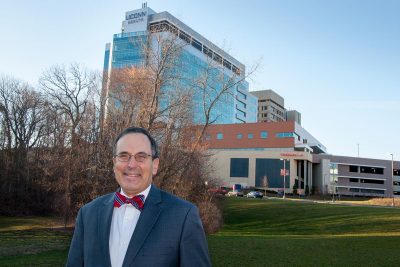
William Kleinman, who’s been practicing law for more than four decades, is retiring from state service April 27. Kleinman spent most of his career as an assistant attorney general embedded at UConn Health, and has been serving as senior counsel for health affairs here for the last three years. A few weeks ago he agreed to a departing interview with UConn Health Updates.
What did UConn Health look like from a legal standpoint when you, as an assistant attorney general, were assigned here in 1980?
At that time, there was only one lawyer representing Storrs, the regional campuses and UConn Health. Today, the number of lawyers between the two campuses is easily in double digits. But it was a less complicated legal world then. The nature and scope of state and federal regulations in the health care and educational arenas was much less pervasive and complex than it is now. In addition, I see legal counselling now having much more of a business aspect to it than it did when I first started practicing.
In 1980, John McKenna was the assistant attorney general assigned to represent both the Storrs and Health Center campuses. On average, he spent one day a week in Farmington. The hospital was about five years old. John and I discussed the possibility of my representing the Health Center. At that time, I was representing the state constitutional officers as well as a variety of state administrative agencies. We brought the idea to Carl Ajello, who was the attorney general at the time, and he said yes.
In retrospect it was an interesting decision because I had no education law experience, I had no health law experience, and I had very little litigation experience. So I was a very well balanced three-legged stool. It was really quite remarkable. But the Health Center was very supportive by proving me with multiple educational opportunities to get me up to speed very quickly. For the first 17 years that I was here, I was the only assistant attorney general at UConn Health.
How did your role evolve over the years?
I dealt with a broad array of legal issues. I represented UConn Health in state and federal court, the Commission on Hospitals and Health Care (now OHCA), the Commission on Human Rights and Opportunities, and the Office of the Claims Commissioner. I drafted documents when necessary, gave legal advice on a daily basis on the legal issues of the day, handled commitment hearings on the first and third floors, as well as any legal issues that emanated from the operation of the hospital, the faculty practice, the medical school, the dental school, the graduate school, and administrative operations. And if it was a matter outside of my expertise or experience, I had to find outside counsel or someone else in the attorney general’s office who could help me with it.
In 1997, when Les Cutler was the vice president and provost for health affairs, he recognized the need for more legal representation. A second assistant attorney general, Jane Comerford, joined me. She was an outstanding lawyer, and greatly enhanced the services provided by our office. Jane was then followed by assistant attorney general Don Green, who continued Jane’s good work.
Describe the dynamic of the relationship between an assistant attorney general and the agency in which he or she is assigned?
That always created a challenge. I always recognized and understood that my employer was the attorney general. But I always had a very strong allegiance to UConn Health and my goal always was to find a way to navigate a legal path that was comfortable to the attorney general and beneficial to the Health Center. And in my personal view, that really should be a goal of any assistant attorney general representing a state agency, namely, to allow that agency to perform its mission to the fullest extent possible without any or minimal legal exposure.
That was always my goal, and I think that we were pretty successful in achieving this, to find a way to navigate where we could hold faith with the attorney general’s responsibilities while finding a way to either get the Health Center to where it wanted to go or clearly to explain why there was no legal way to go down that path. I’m not a prideful person, but if I’m proud of anything, it was the ability to help marry those two different entities in a way that didn’t make the legal department a roadblock to getting things done.
In that same regard, I never dealt with a senior administrator here who was not willing to accept straight, respectful advice given on a legal issue.
What are some of the things you observed over the course of your tenure here?
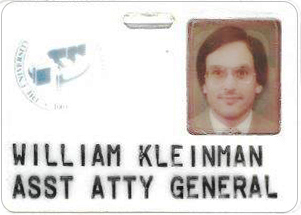
There’s been an interesting ebb and flow within the Health Center relative to its relationship to the campus at Storrs. It has, literally like the tides, either been more and less integrated with departments and functions at Storrs. We are currently in a “high gravitational pull phase.” I would be surprised going forward if that doesn’t remain the norm.
I think some of the interesting things that I have seen over the years include multiple attempts by the Health Center to integrate clinically with other area providers, only to have those efforts fall short for multiple political reasons. Despite that, the Health Center has regularly attempted to reach out and advance itself and partner with other health care and research entities, as evidenced by collaborations with Connecticut Children’s, Jackson Labs, Center for Advanced Reproductive Services, and others. At the same time, it has successfully developed its own centers of excellence.
Correctional Managed Health Care has evolved in an interesting fashion. It was originally contemplated to be a teaching laboratory for the medical school on how to deal with a pure managed care model. But it certainly was and continues to be an interesting experiment in how the state can provide medical care to its incarcerated population. It’s particularly interesting when you read articles across the country about the challenges that private entities have had in providing quality medical care within prison systems in other states. Many of those articles have not reflected favorably on those efforts
You retired from the Office of the State Attorney General at the end of 2013, but we still have been seeing you here since. How has your role changed?
I was ready to retire from working full time and I said to the leadership here, if it would be helpful to you, and you want me to work a couple days a week, I’m happy to do that. They said that would be great.
Upon retirement I immediately transitioned from the assistant attorney general position to my current role, as senior counsel for health affairs. One of the purposes was to help transition into the creation of the Office of the General Counsel at UConn Health. This would then allow a university-employed cadre of lawyers that does the heavy lifting legally for the university, in conjunction and cooperation with the Office of the Attorney General.
The attorney general’s office is charged with providing certain types of legal advice that only it can provide, such as formal legal opinions of the attorney general, representation in and settlement of lawsuits, contract approvals and the like. But other than that, there’s nothing that prevents the university from engaging its own counsel to provide legal advice on a whole universe of legal matters. And, throughout my 37 years of representing UConn Health, there’s always been excellent cooperation between the university and the attorney general’s office.
About a year and a half before I was going to retire, I advised the attorney general’s office of my plans, because my feeling was, unlike many other slots in the attorney general’s office, this position was going to require someone with a somewhat unique skill set. I wanted to afford the attorney general’s office enough time to find a strong candidate to fill this position. And fortunately for UConn Health, Jeff Blumenthal applied for the job.
From 2012 through the end of 2013, Jeff and I worked together in the attorney general’s office, which afforded us an opportunity to transition the functional role of an assistant attorney general here to Jeff. He has a deep and varied legal background in multiple areas related to health care. He is a lawyer of the first rank. Effective January 2014, Jeff became lead attorney. And now, with the addition of two new outstanding lawyers, Scott Simpson and Brian White, UConn Health’s new chief legal officer, combined with our highly respected resident Assistant Attorney General Lynn Wittenbrink, a highly accomplished litigator and counsellor, this institution is well positioned to navigate through treacherous legal waters safely.
What’s next for you?
I’m fortunate that my wife (Dr. Myra Rosenstein, who retired from UConn Health Partners at the end of 2013) and I have a place in the Berkshires. I think that on May 1, we’ll pack up our car and go up to the Berkshires for May, June, July, and August, and head back to West Hartford in September. We also look forward to continue our recent travelling adventures (Israel and China last year), with an African safari scheduled for October.
We have five adult children living all over the country including two grandchildren in Oakland so that keeps us pretty busy as well.
I currently sit on a Health Center IRB and intend to continue to sit as a nonaffiliated volunteer member. I’m also going to look at a couple of other substantive volunteer opportunities. But I’ve been advised, I think wisely, by a number of friends, that in the first year of retirement, be measured in the commitments that you make. I do intend to do a lot of reading, exercising, taking some courses, and just trying to enjoy life.
As you prepare to leave UConn Health, what is your outlook on the future of this institution?
The faculty, staff, administration and infrastructure have been put in place to make this place succeed. The Outpatient Pavilion is a Class A facility. The new University Tower, first class. The collaboration with The Jackson Laboratory, five star. The key is to find the chemistry, through affiliation or otherwise, that will draw patients here and build on the research collaboration with Jackson and other entities that will allow UConn Health to flourish. That’s the challenge.
And to the extent that the Office of General Counsel at UConn Health can help make that happen—through affiliation agreements, joint ventures, accountable care organization affiliations—then this office will have done its part in a great success story.
